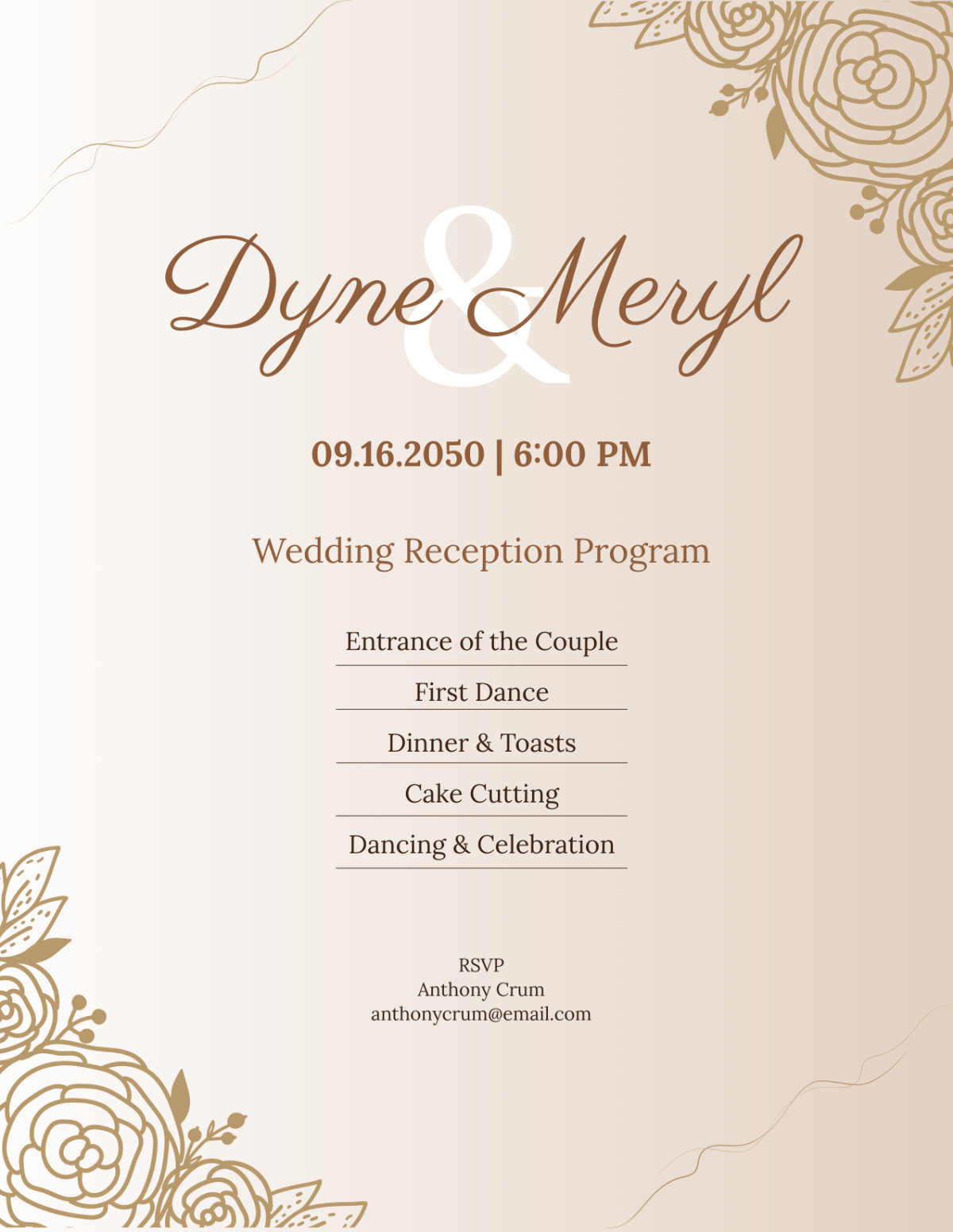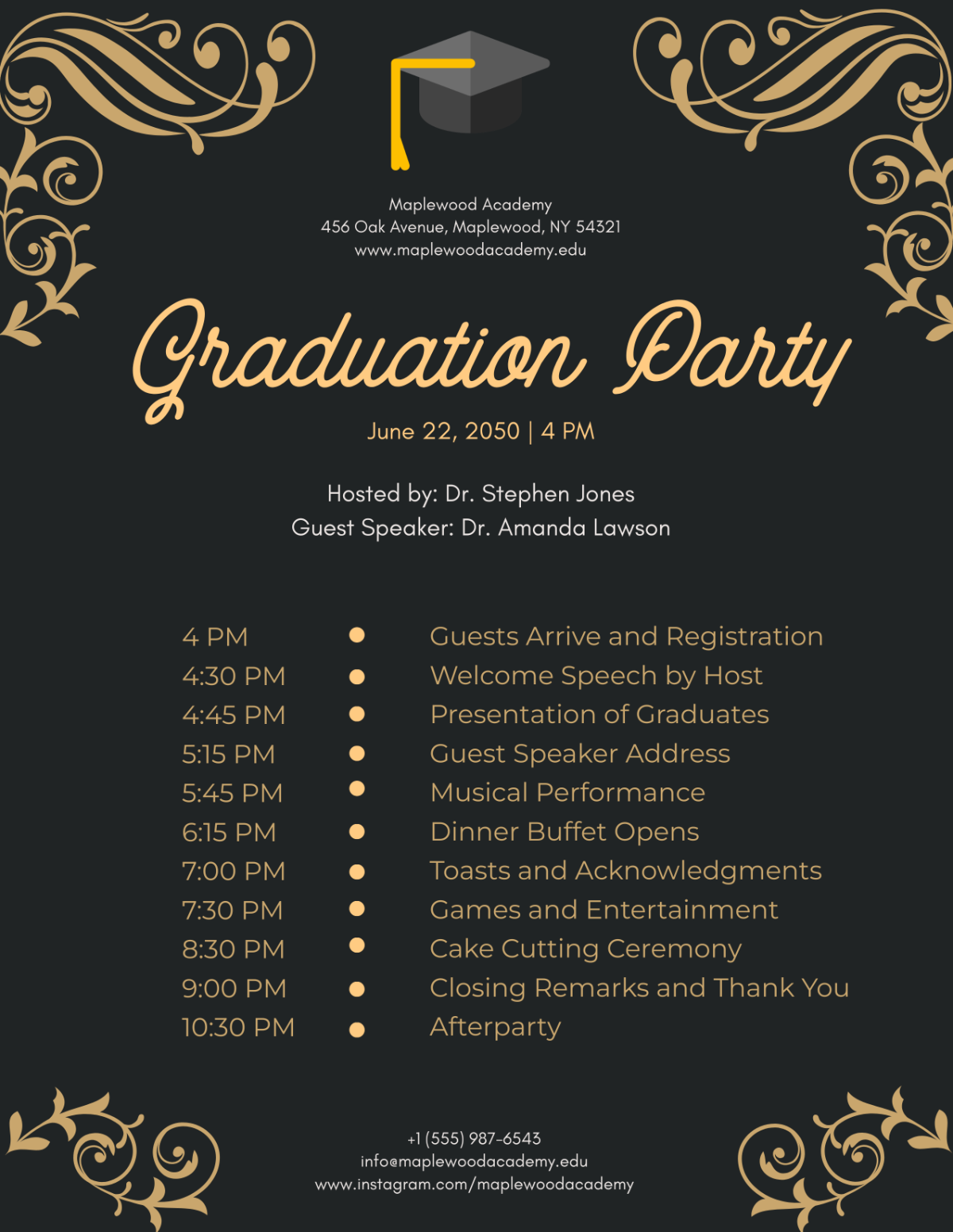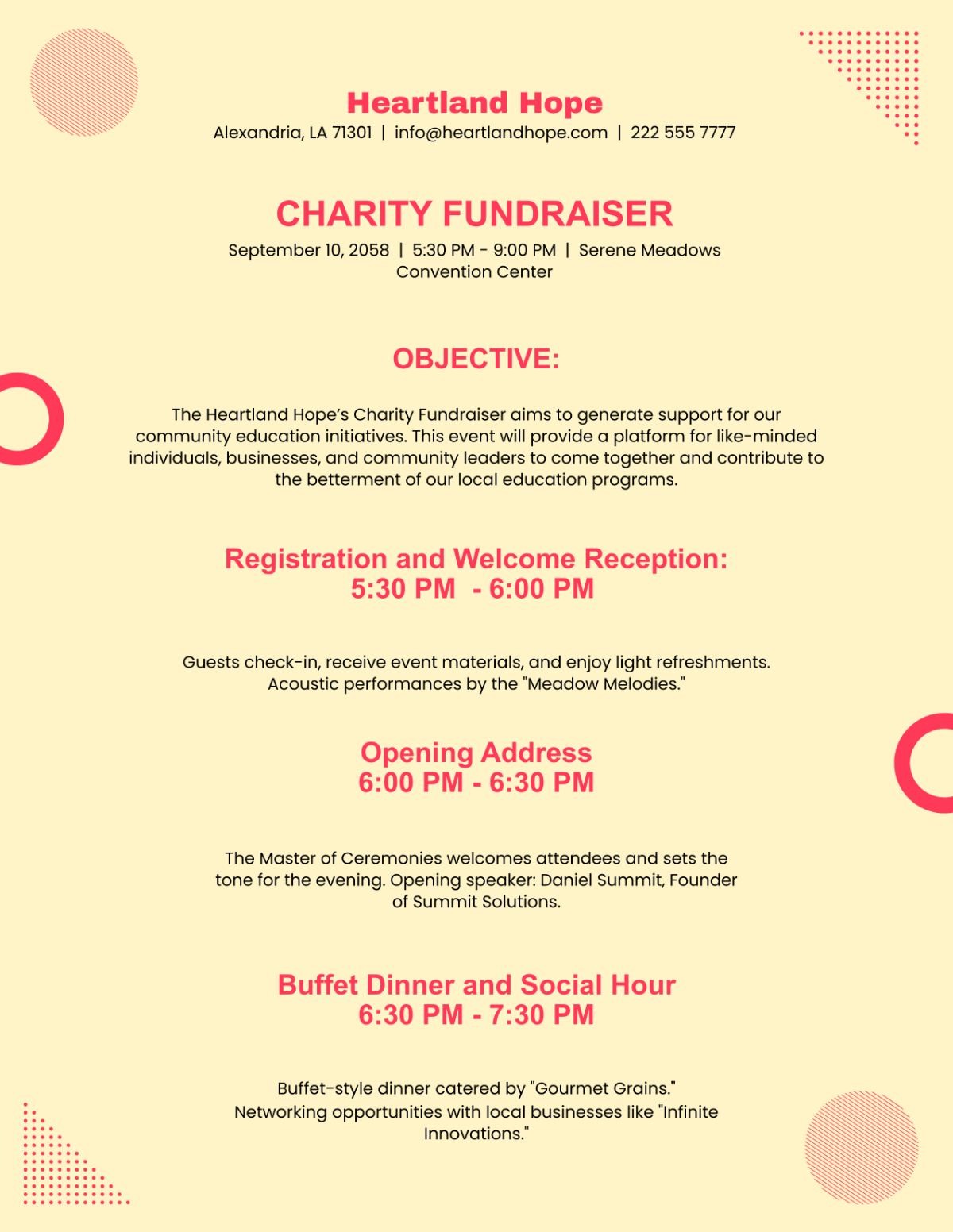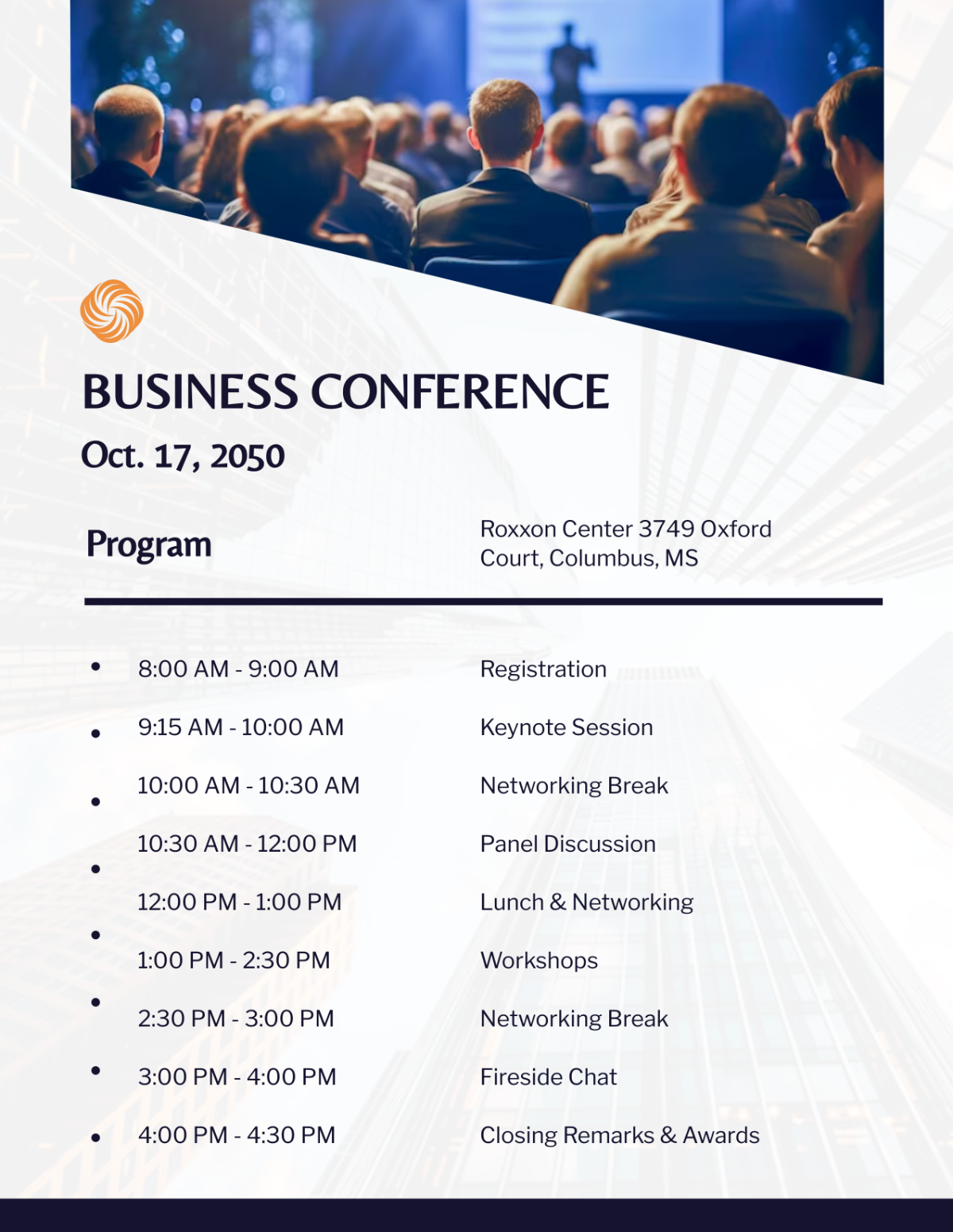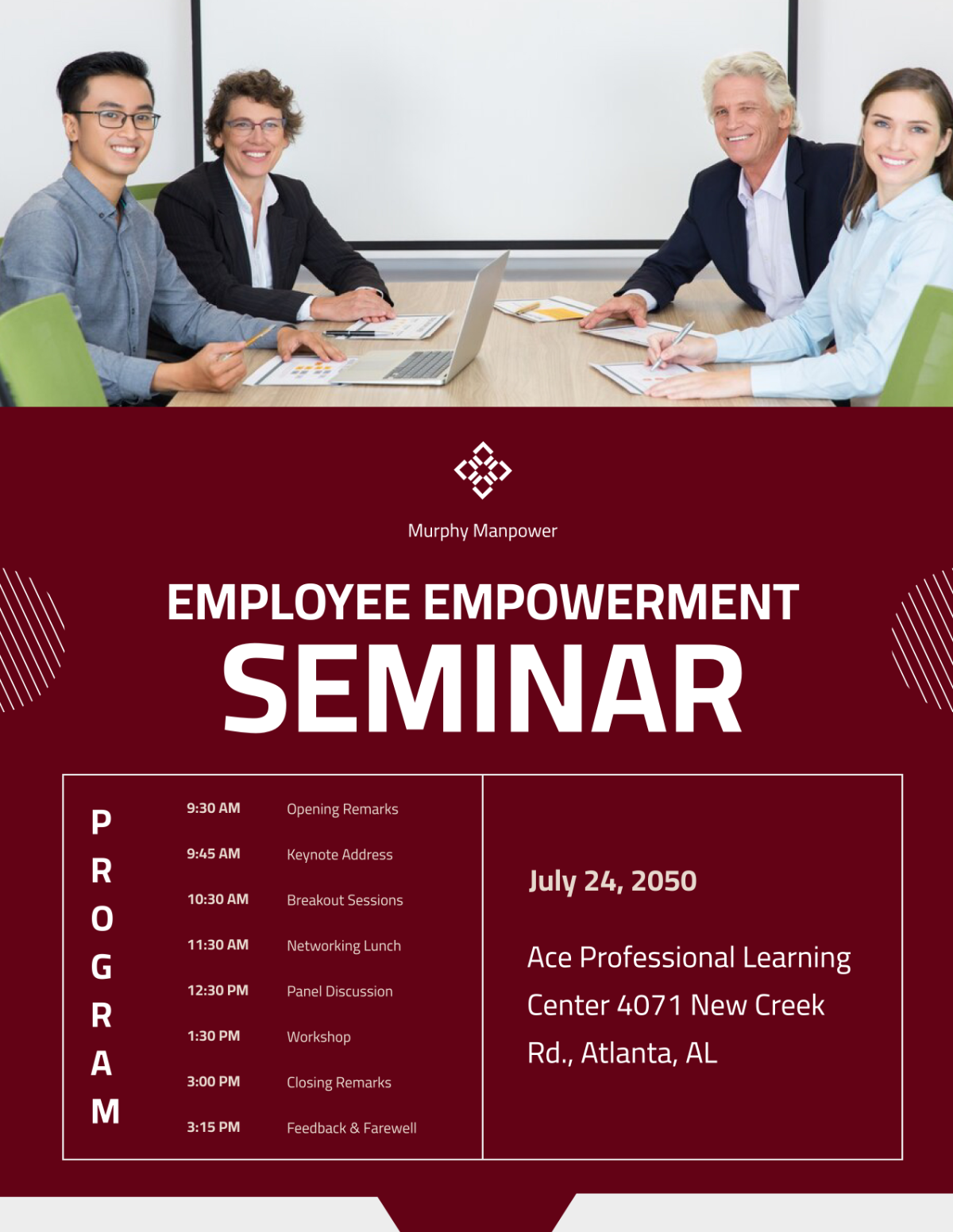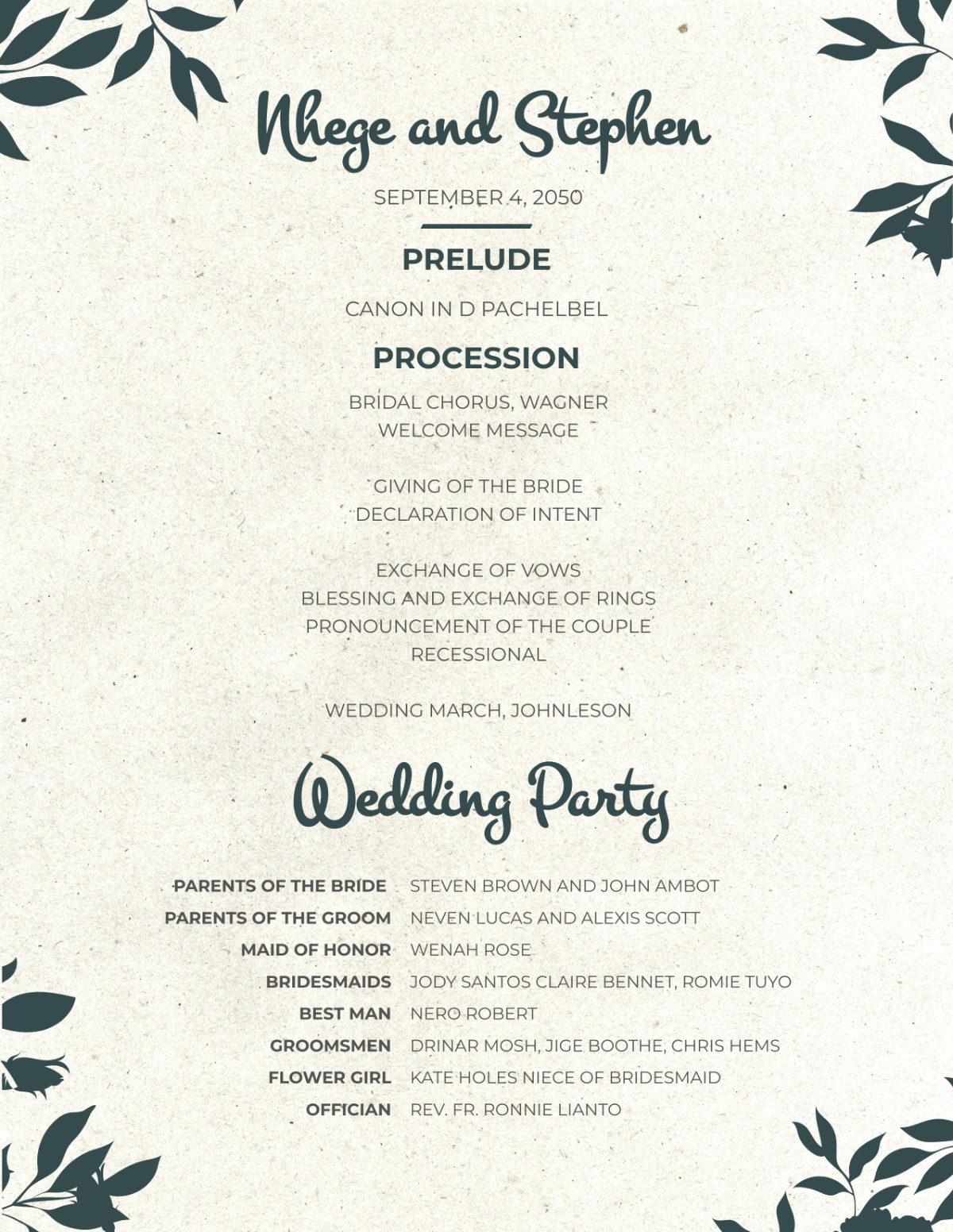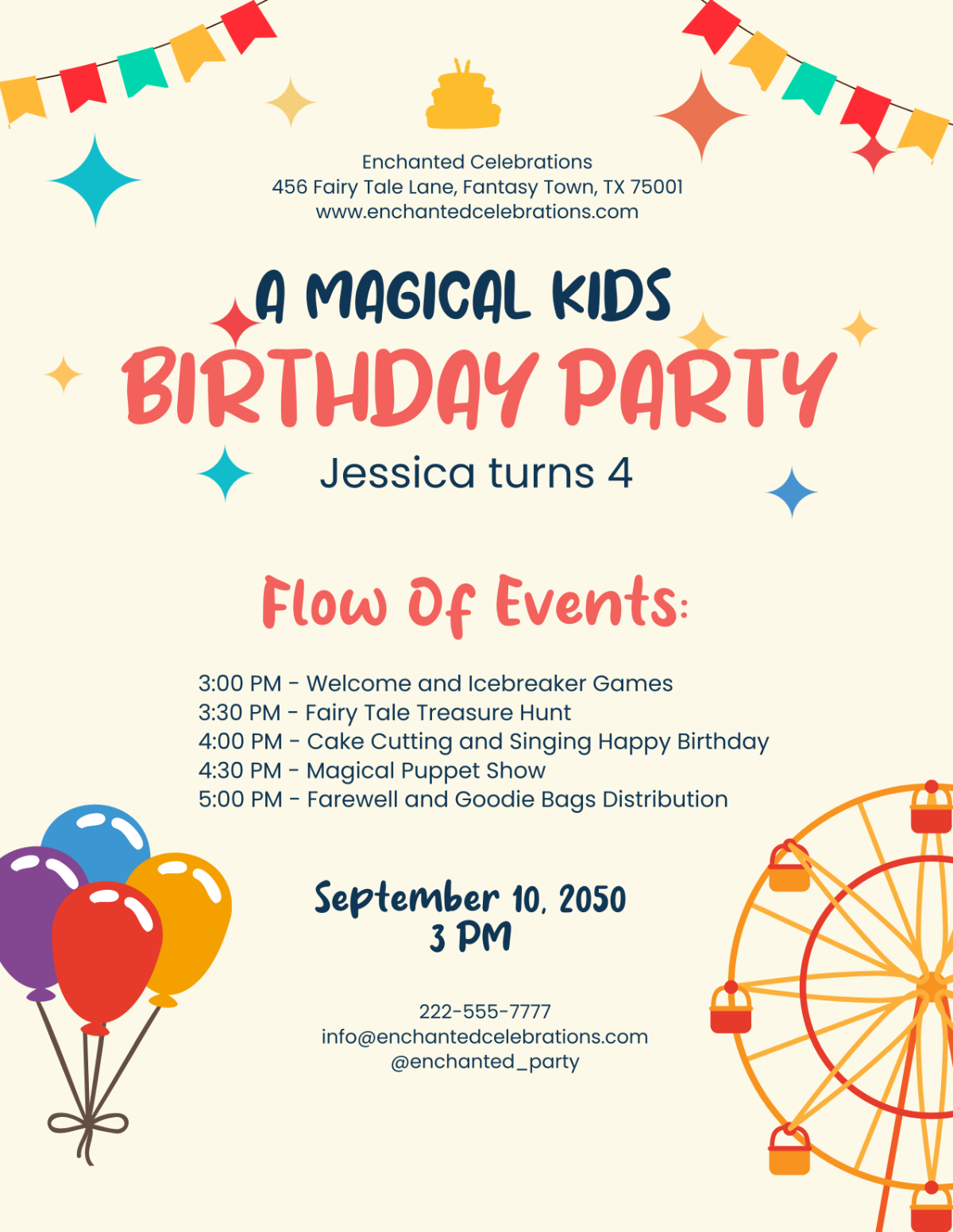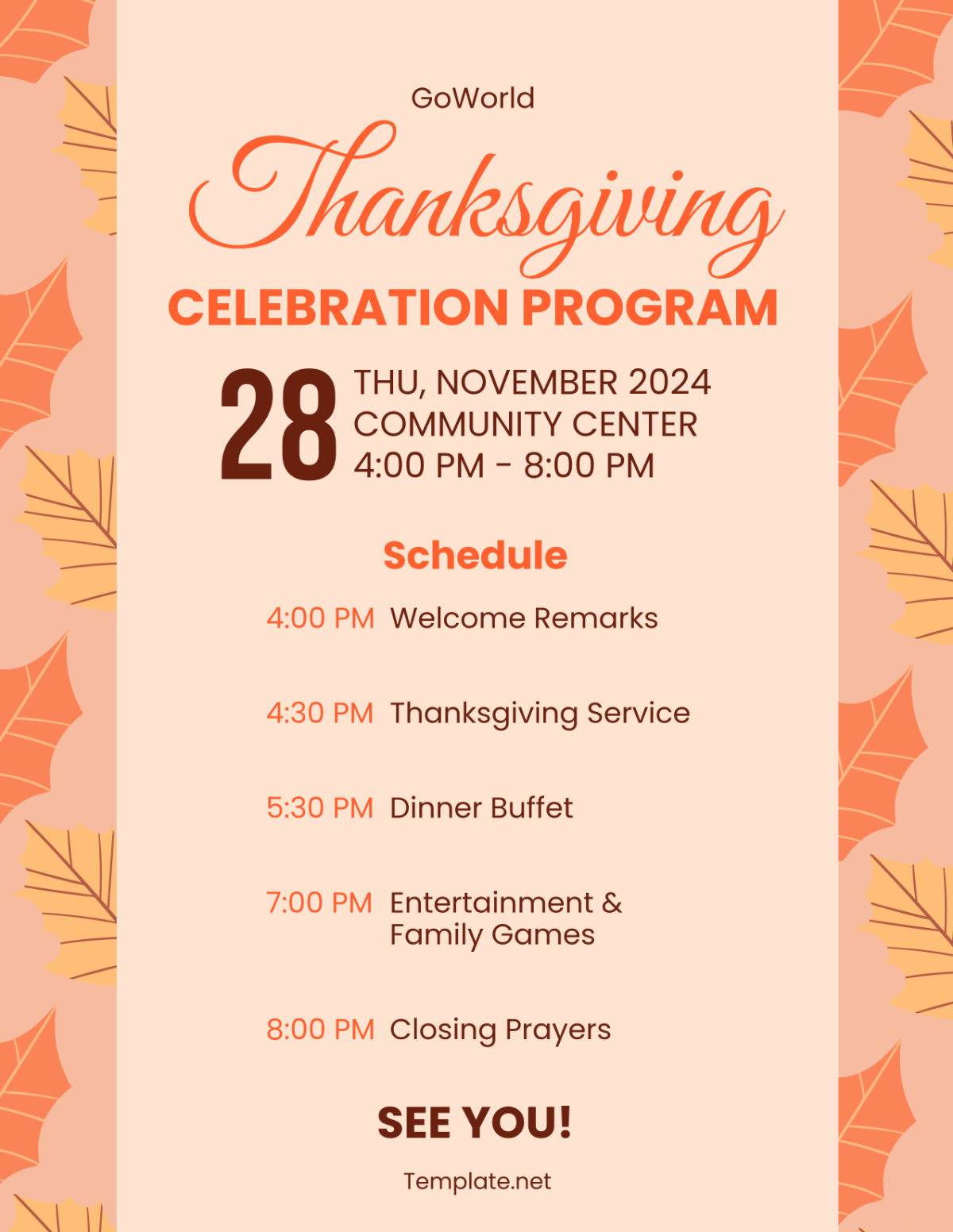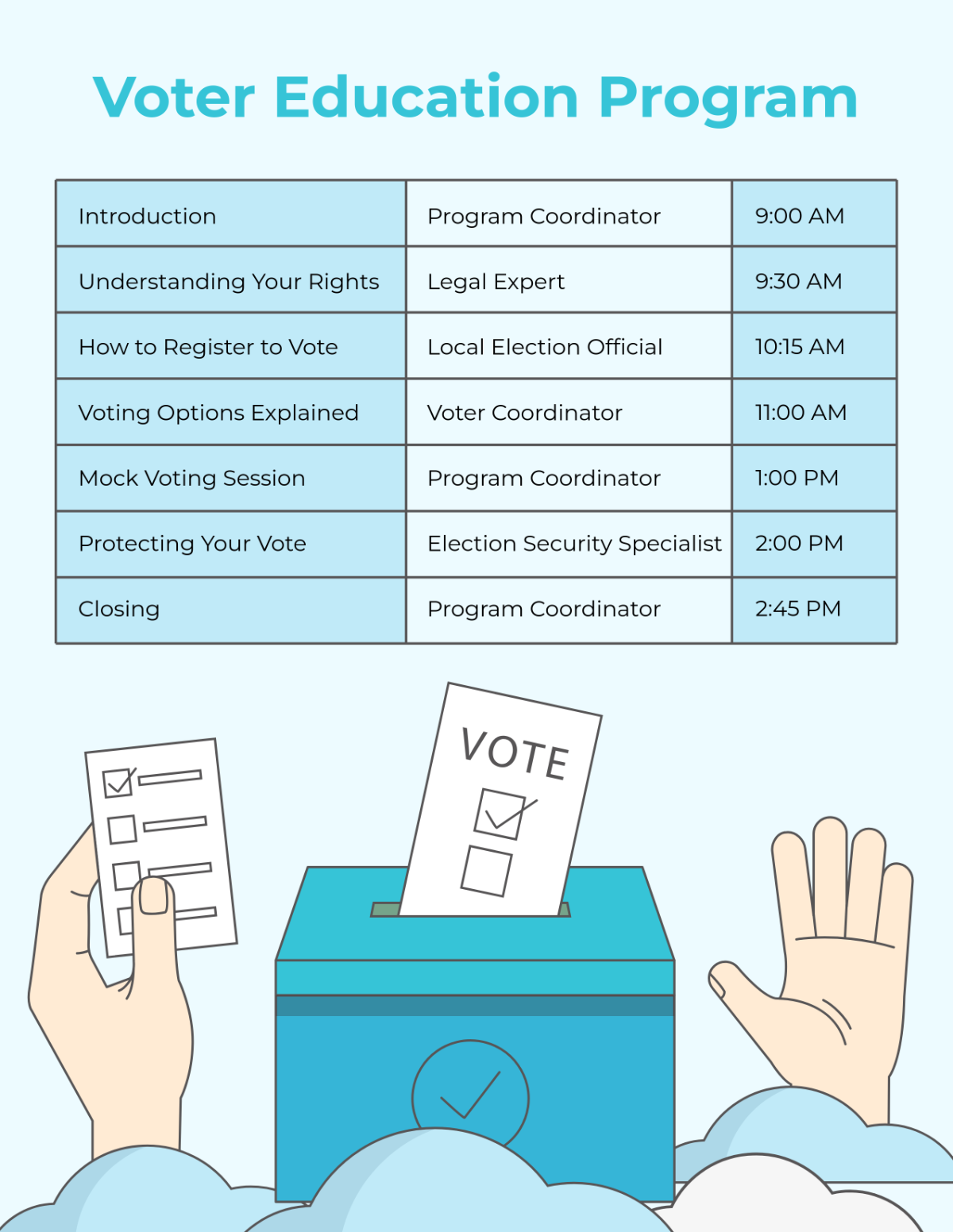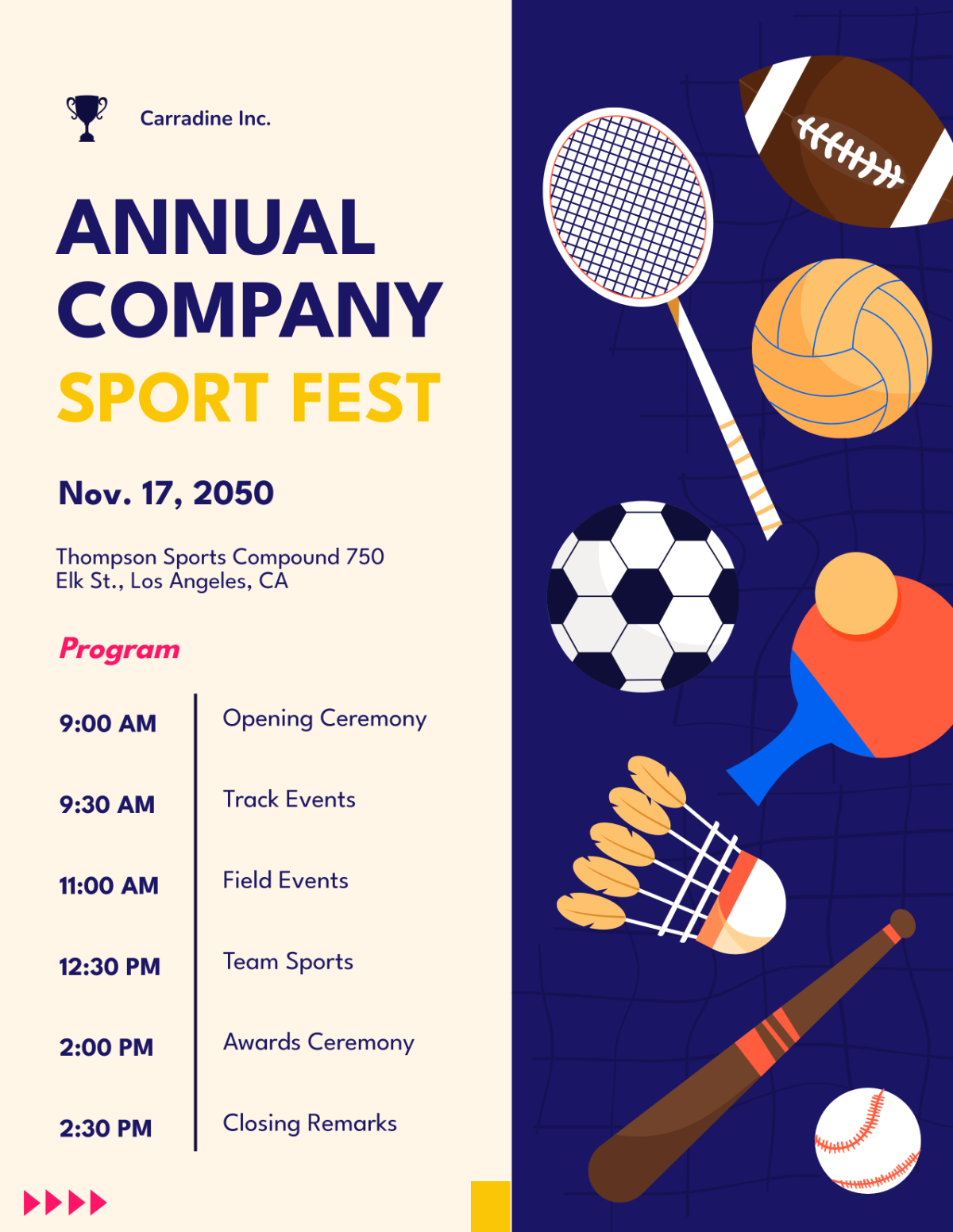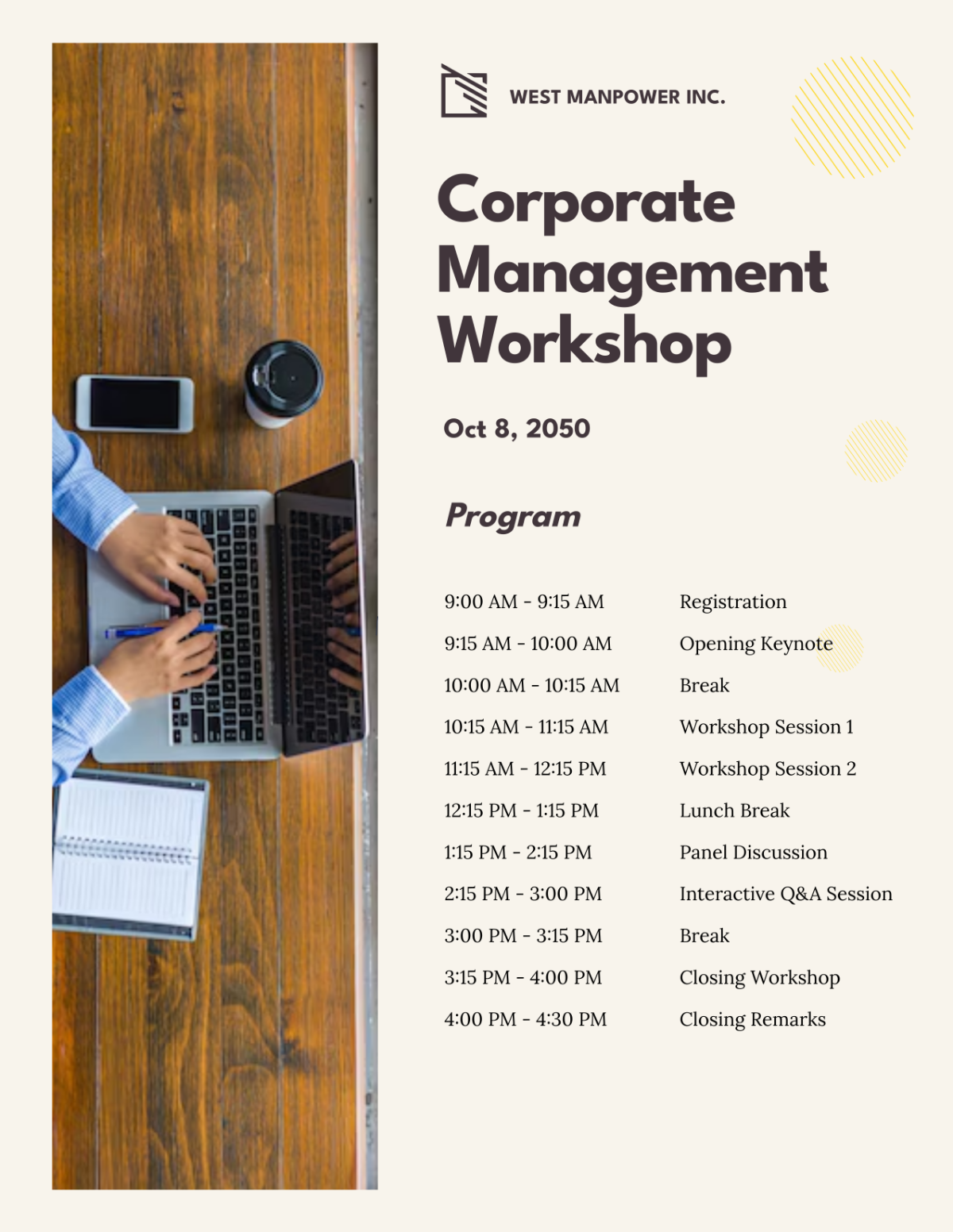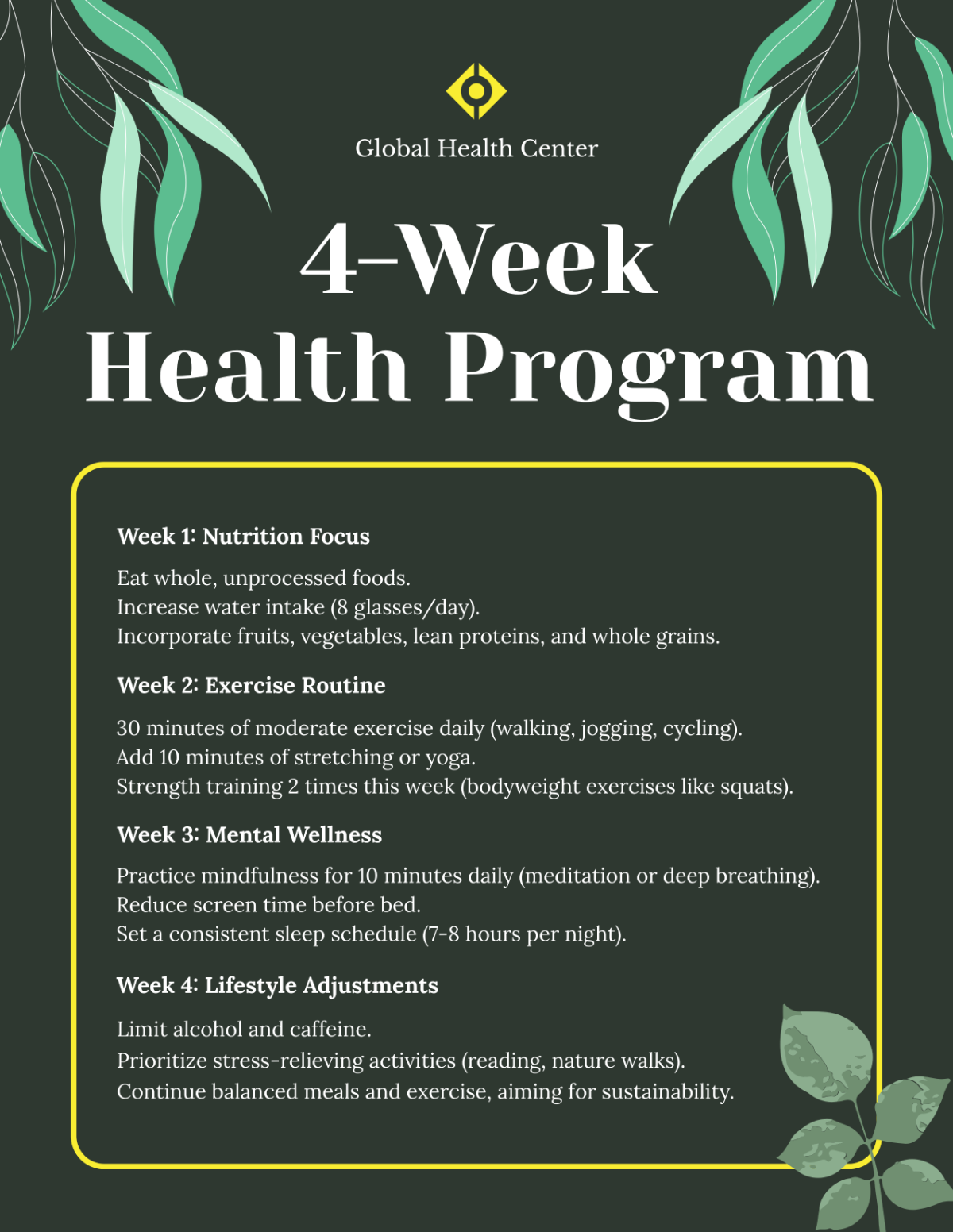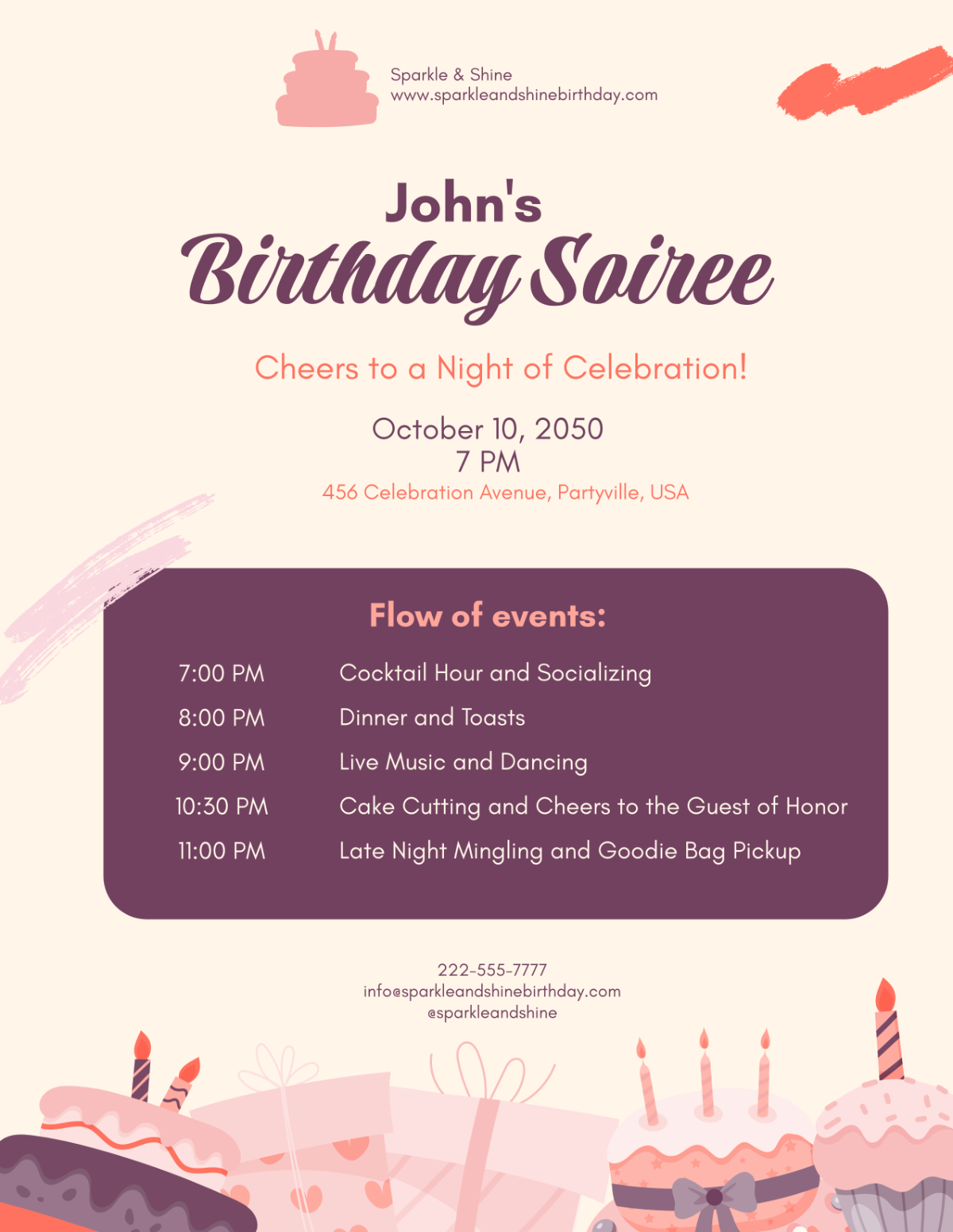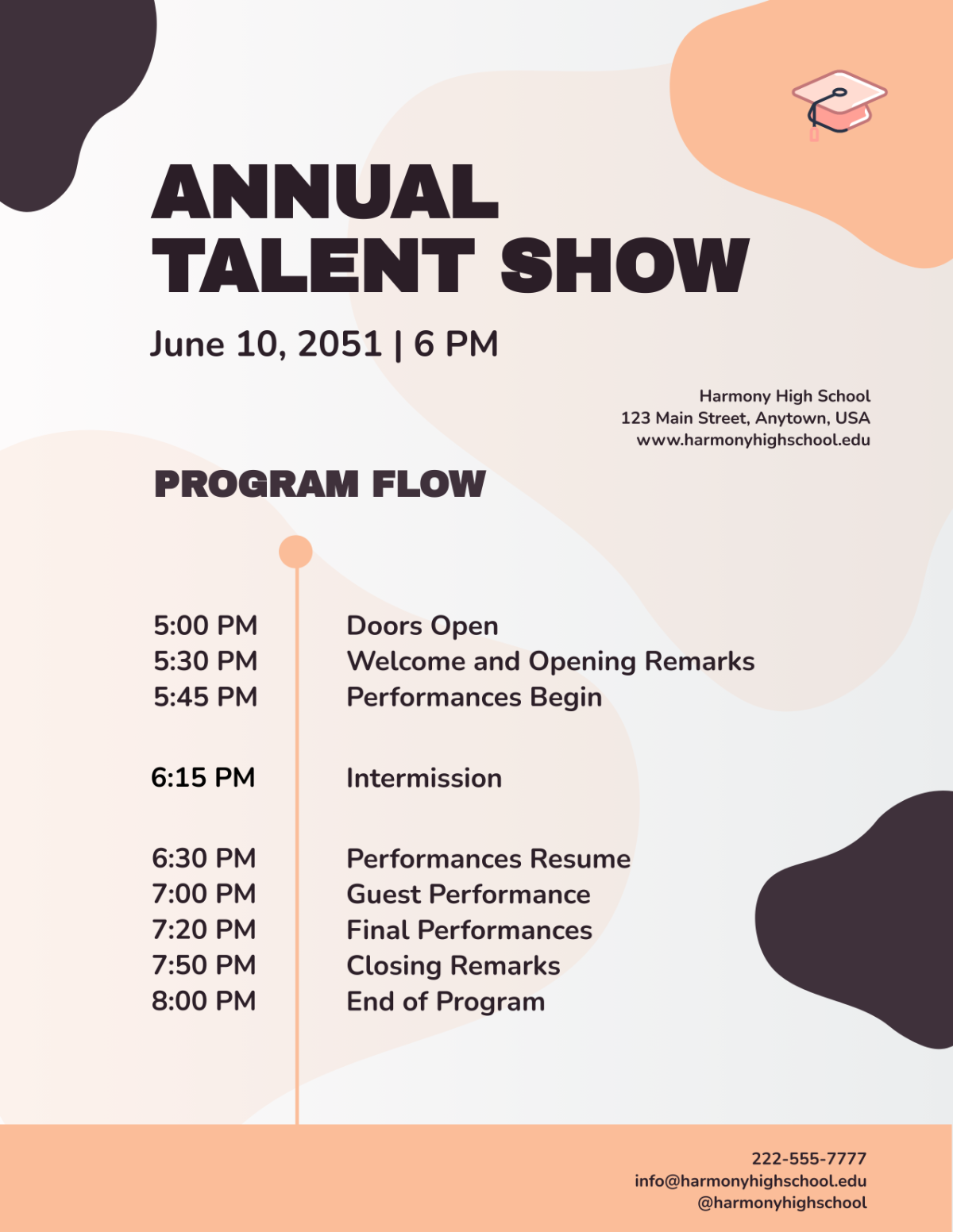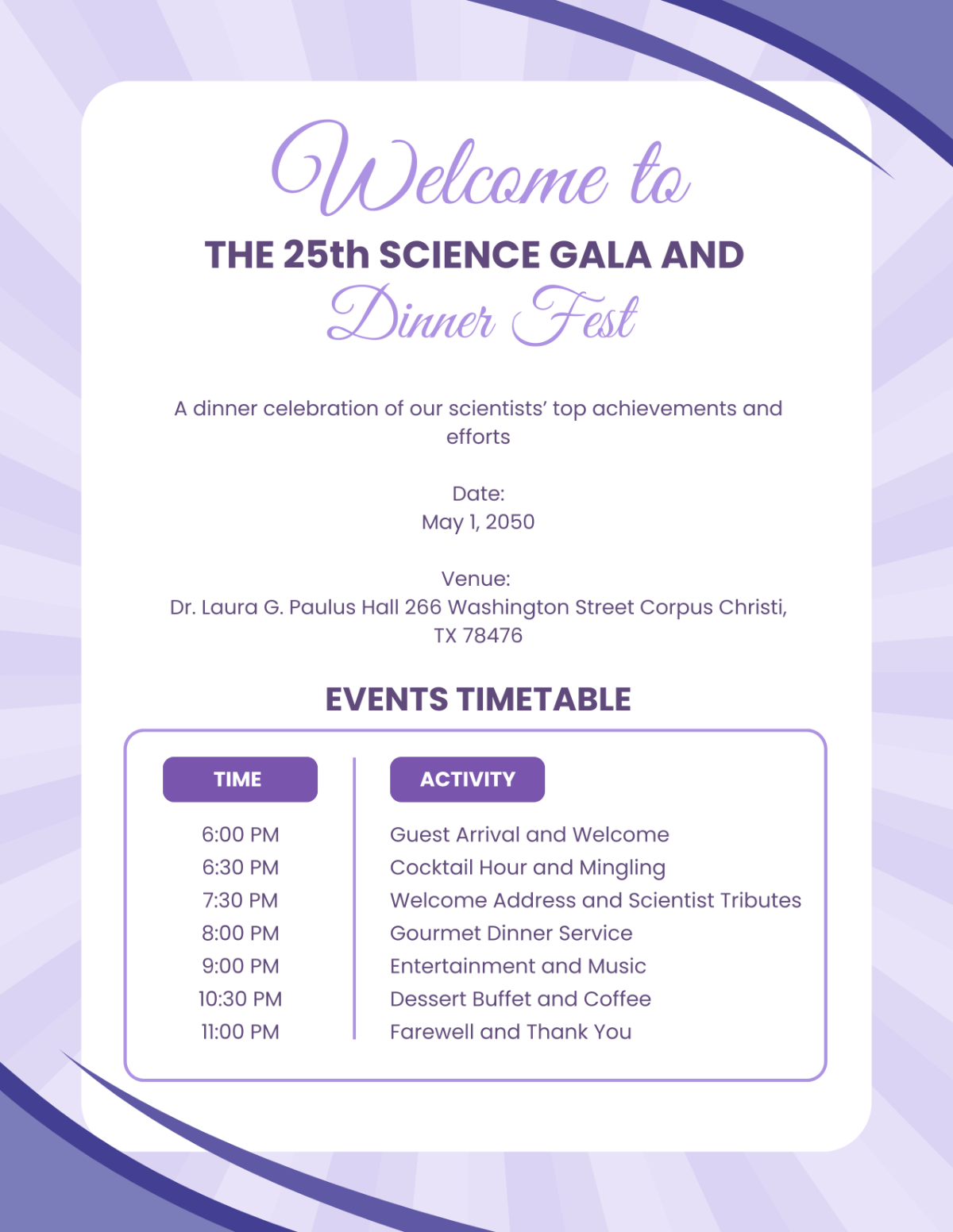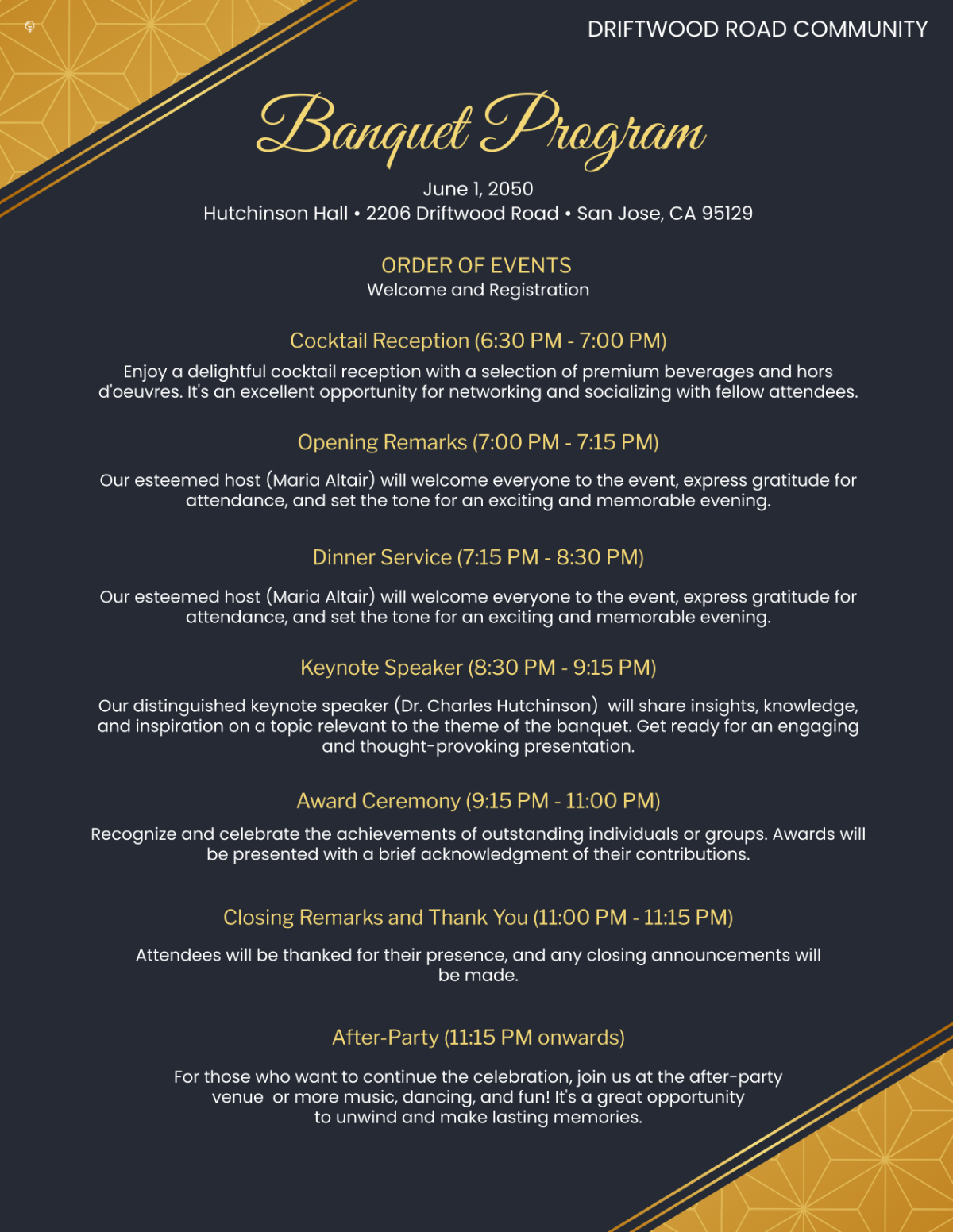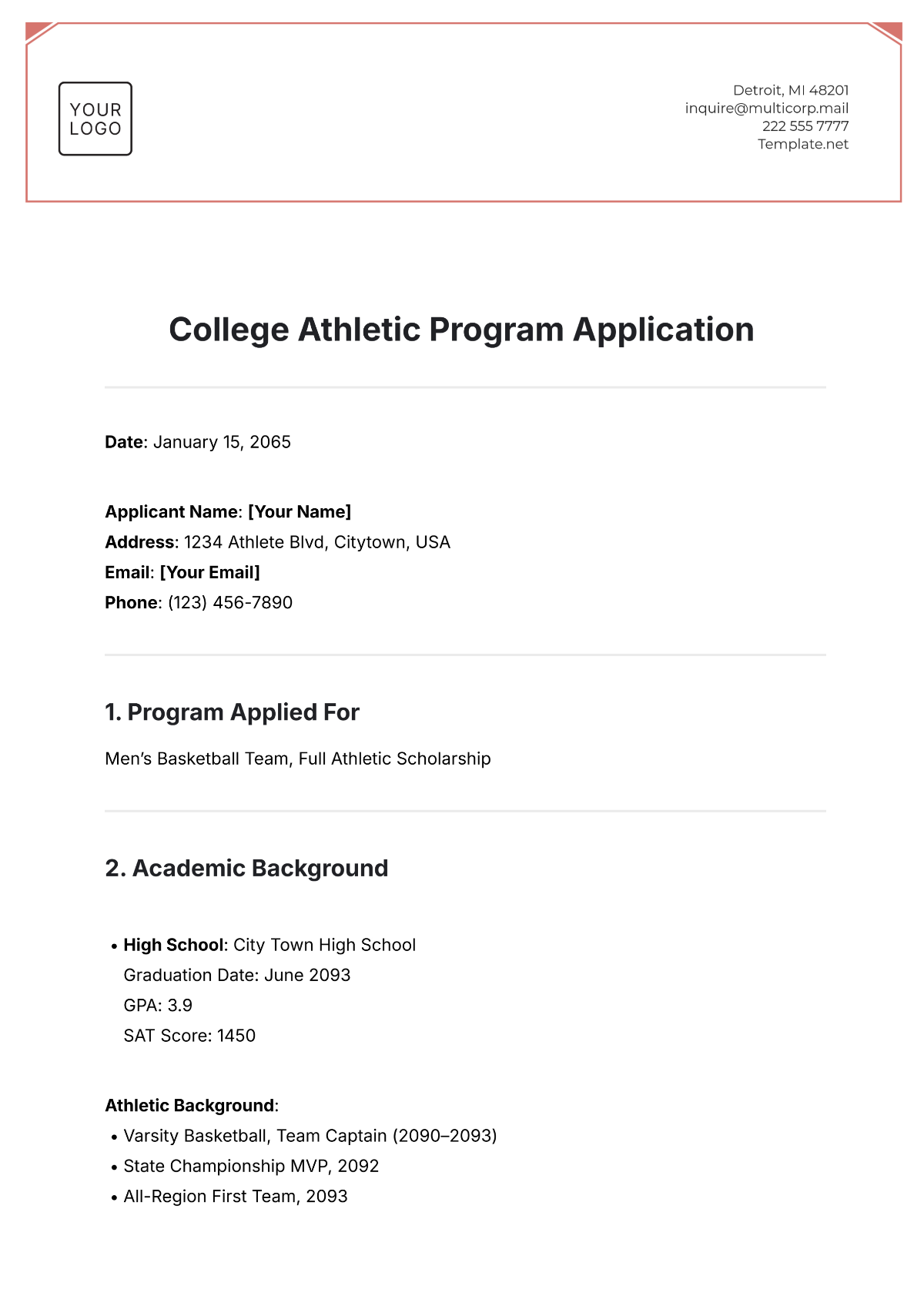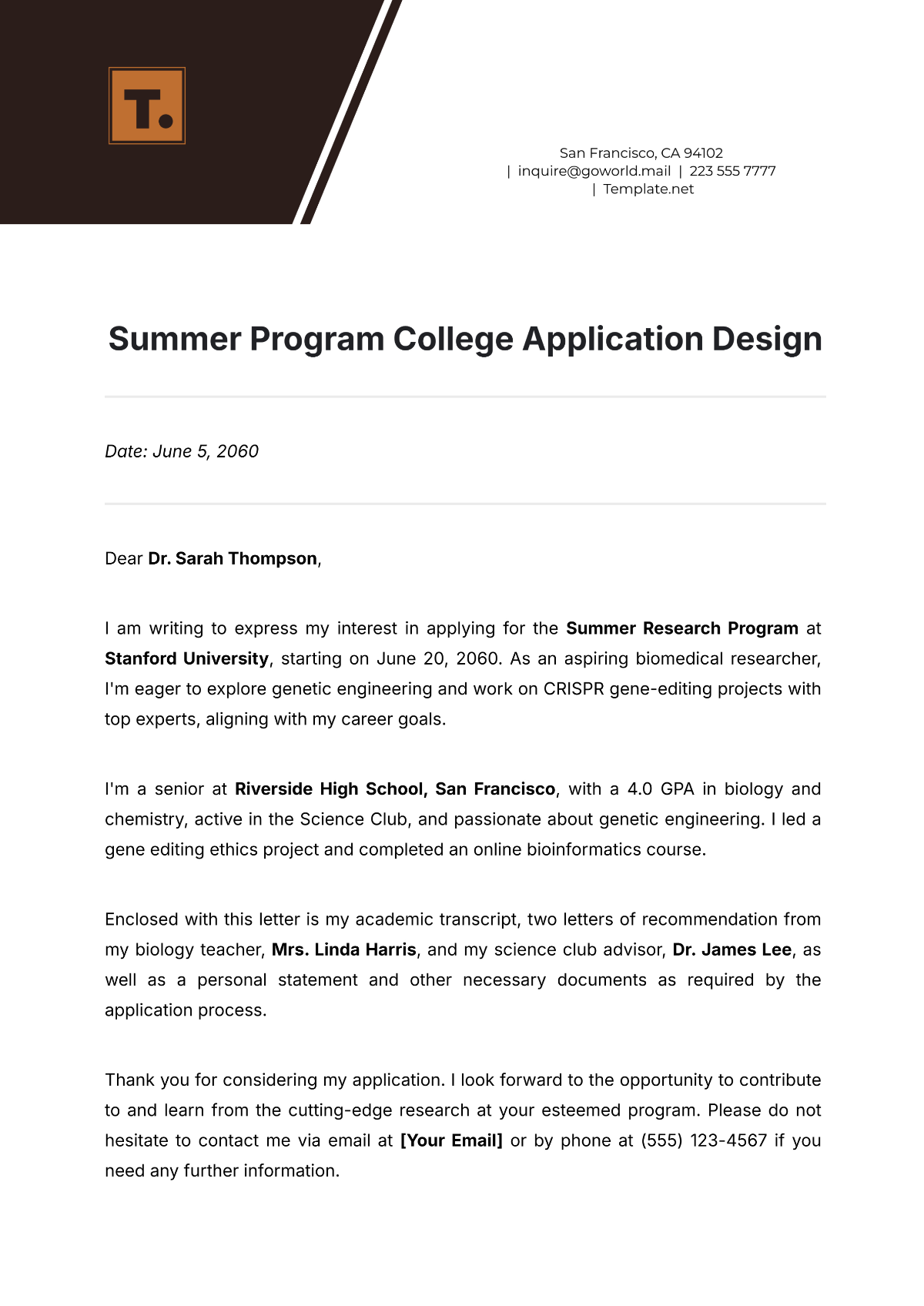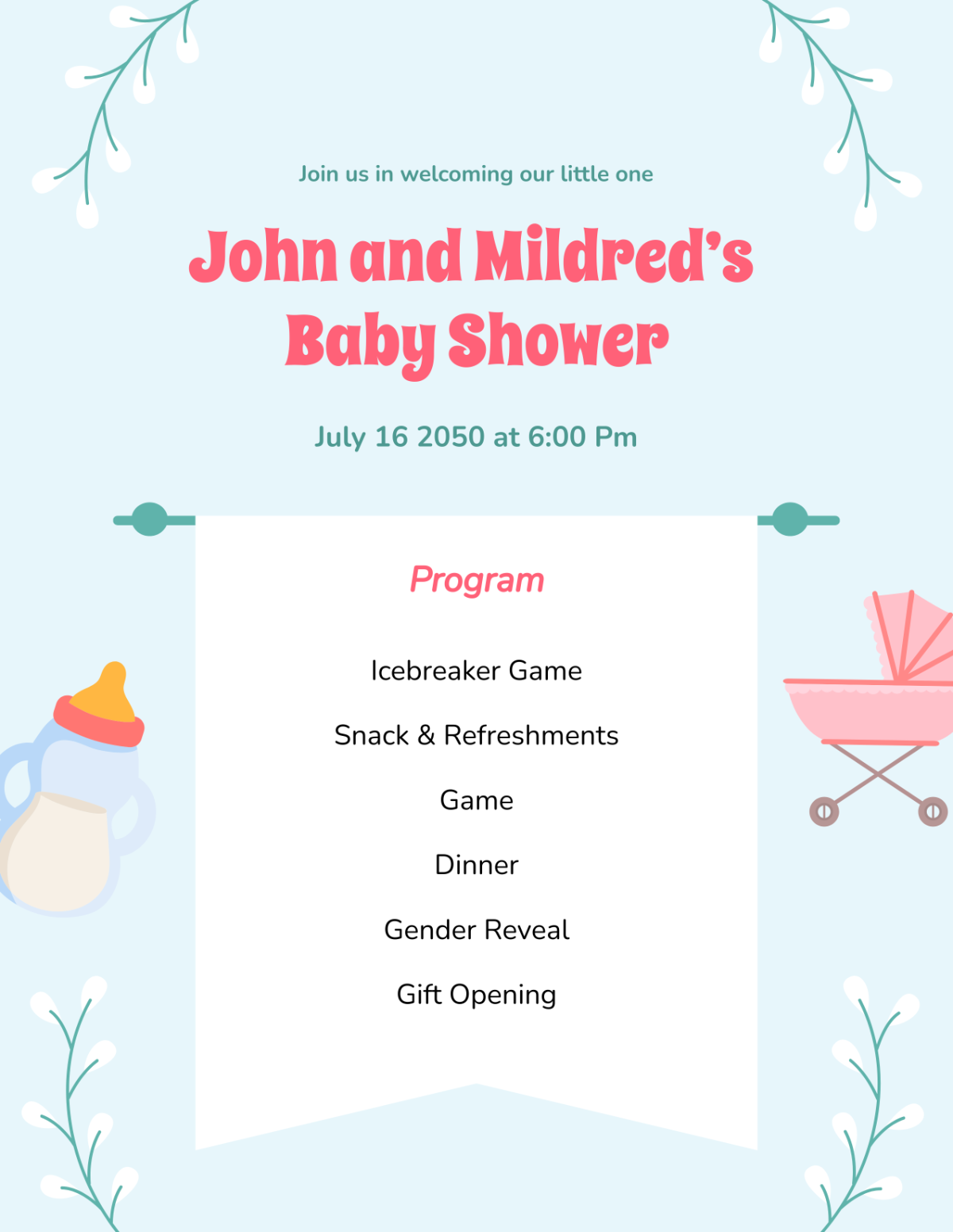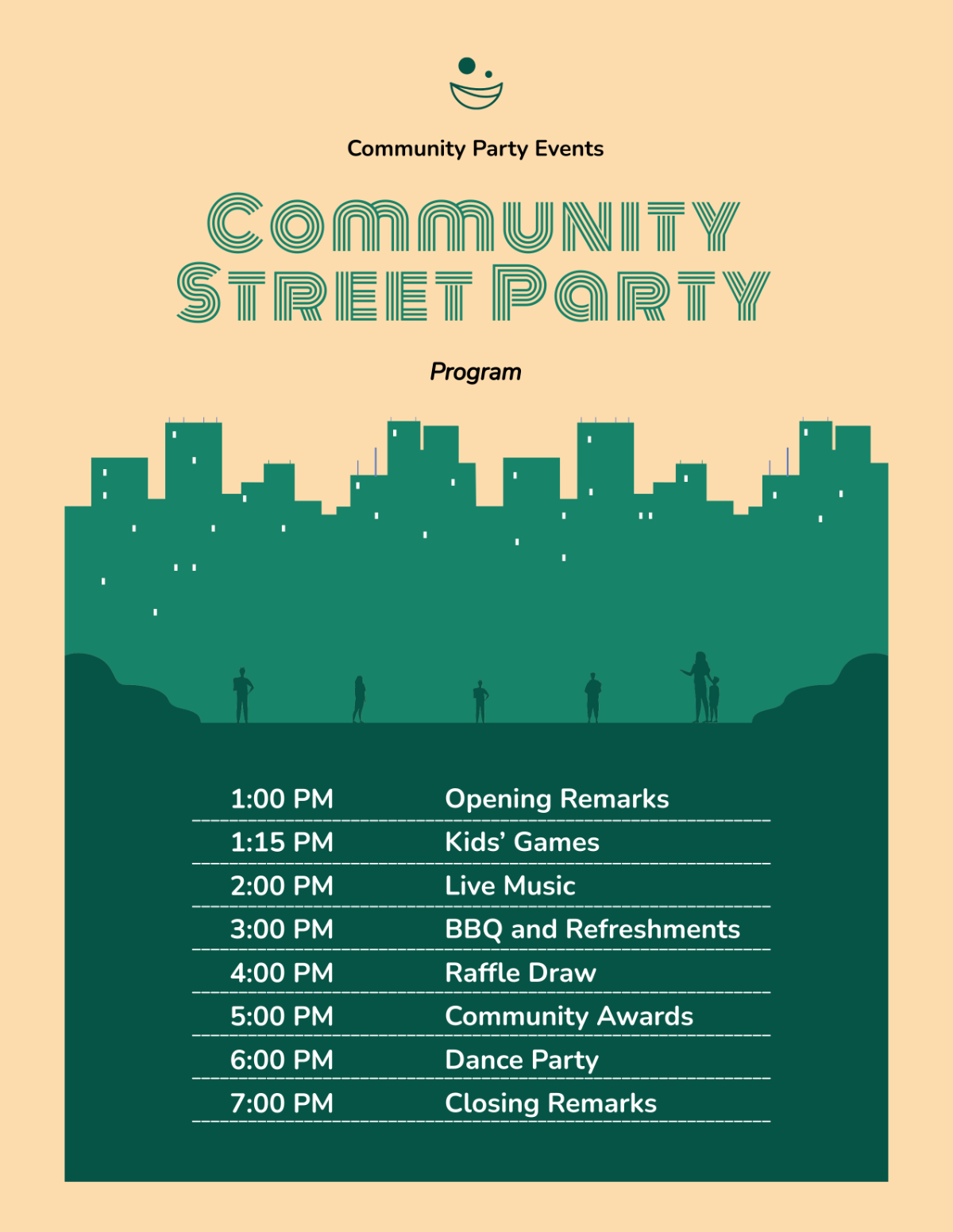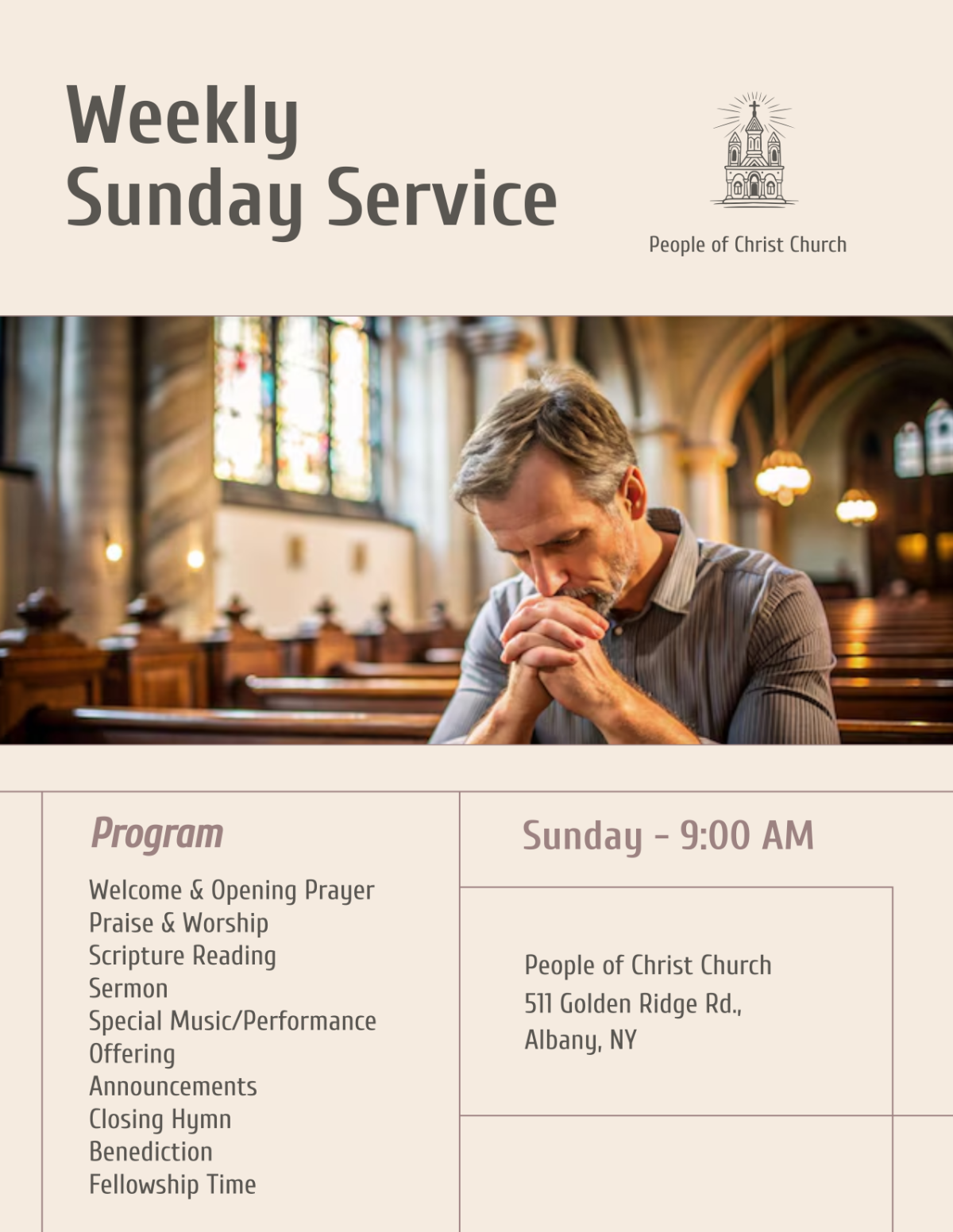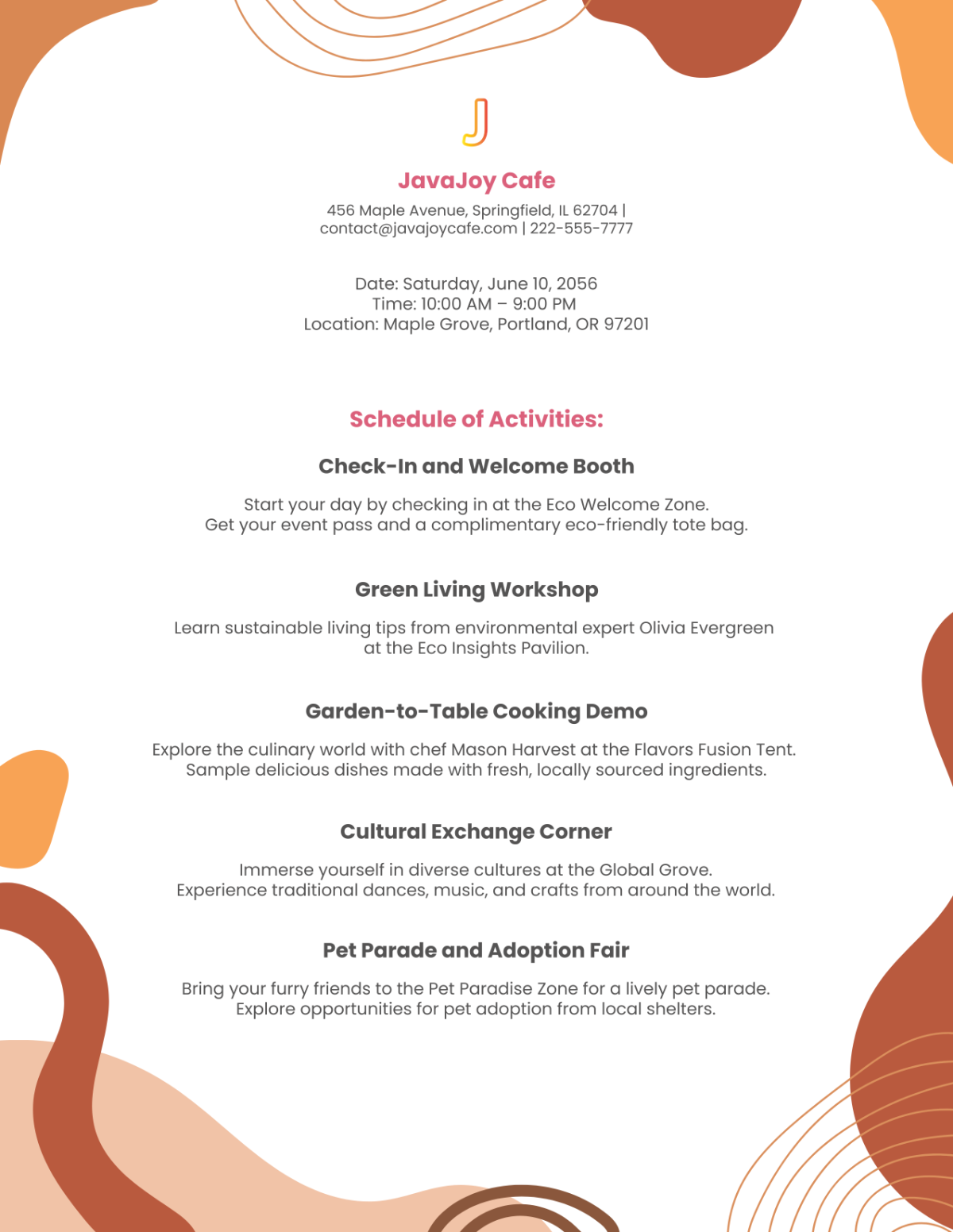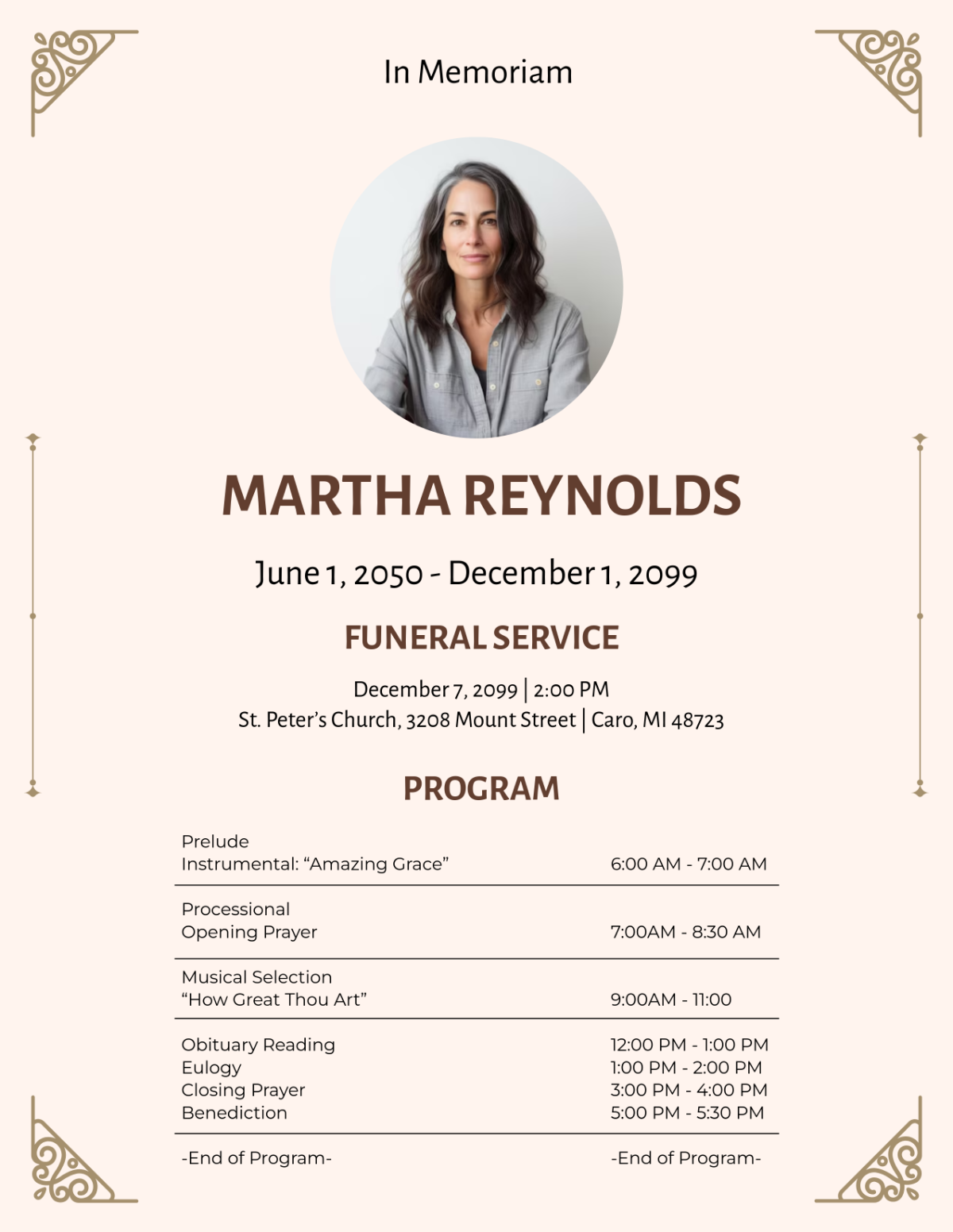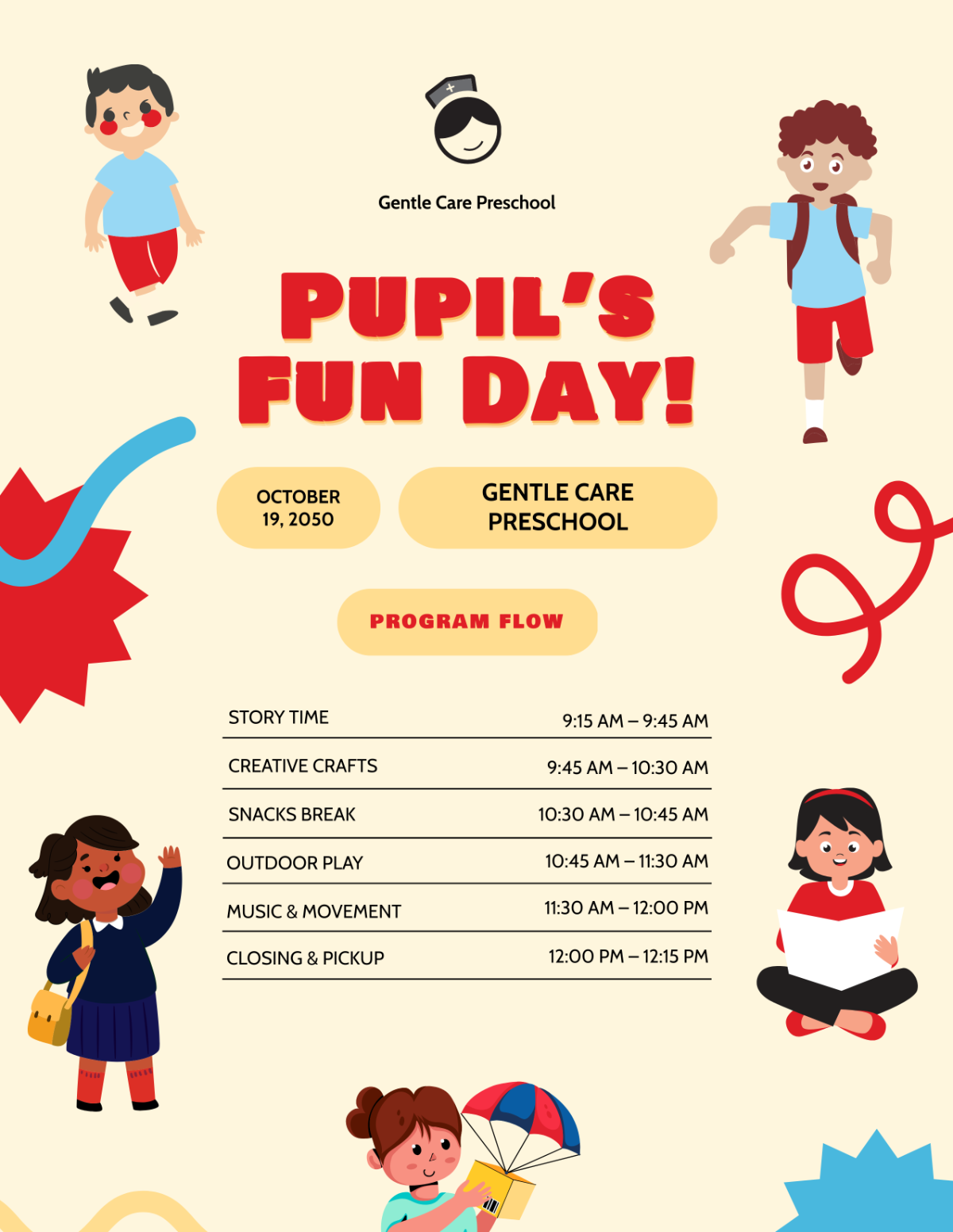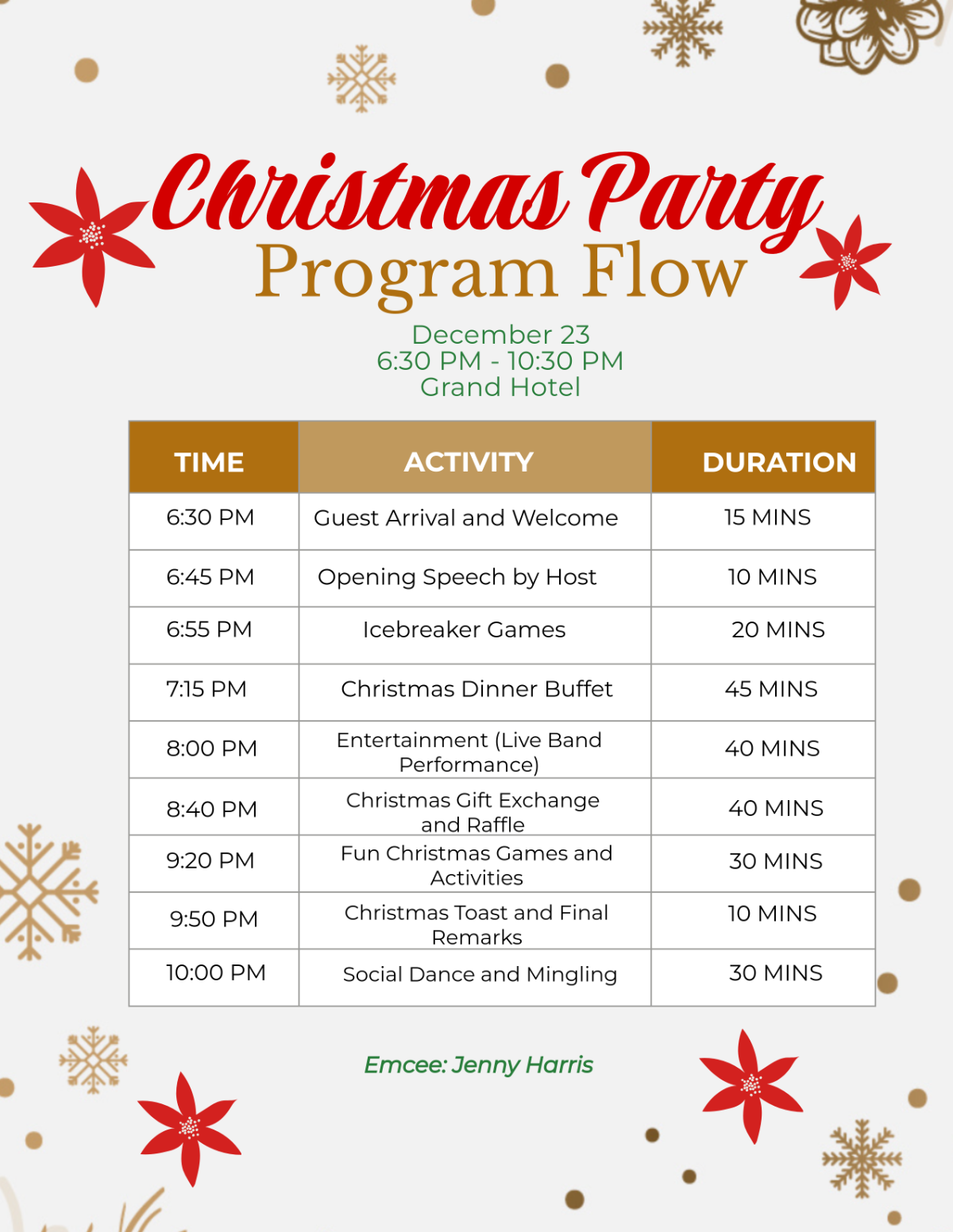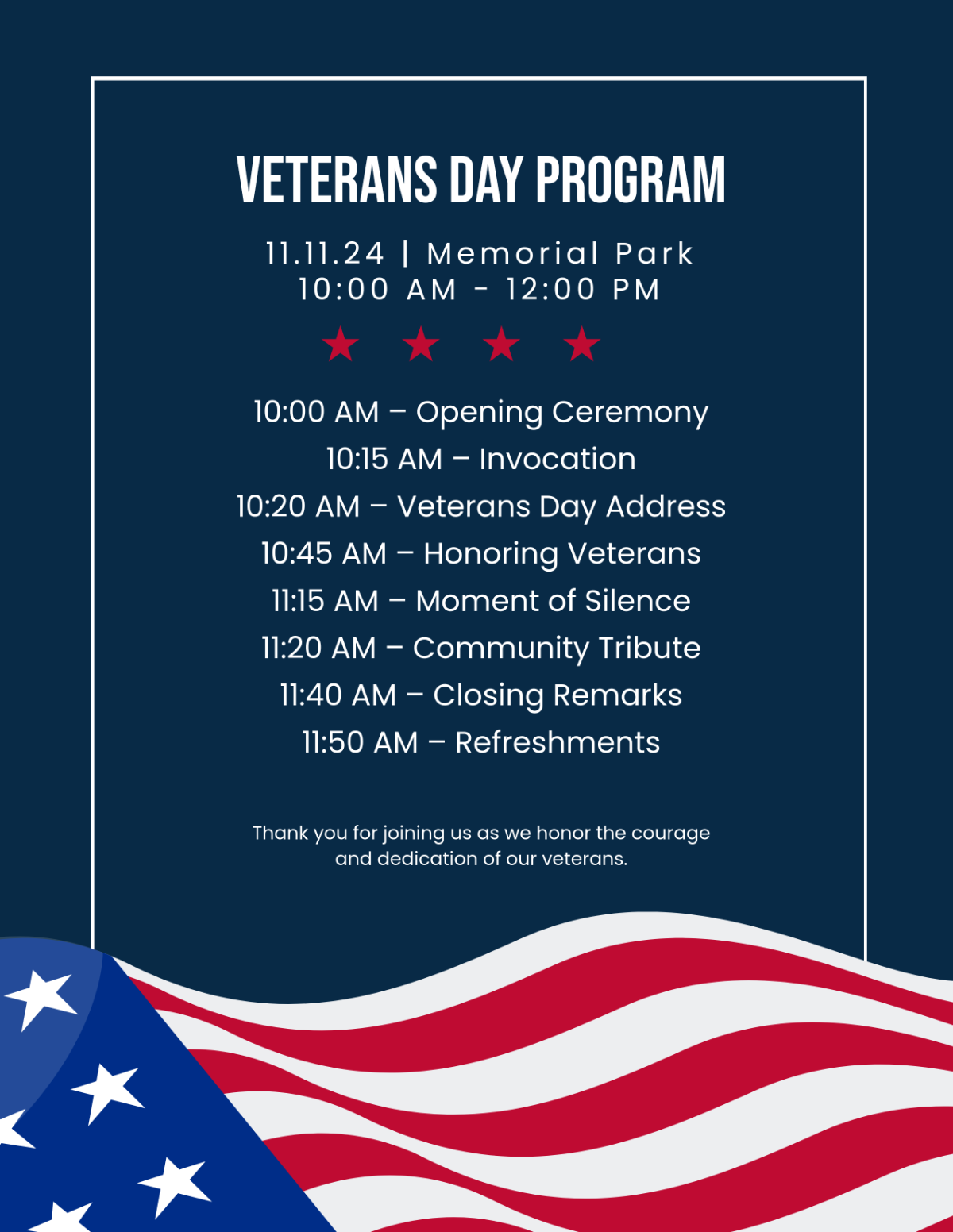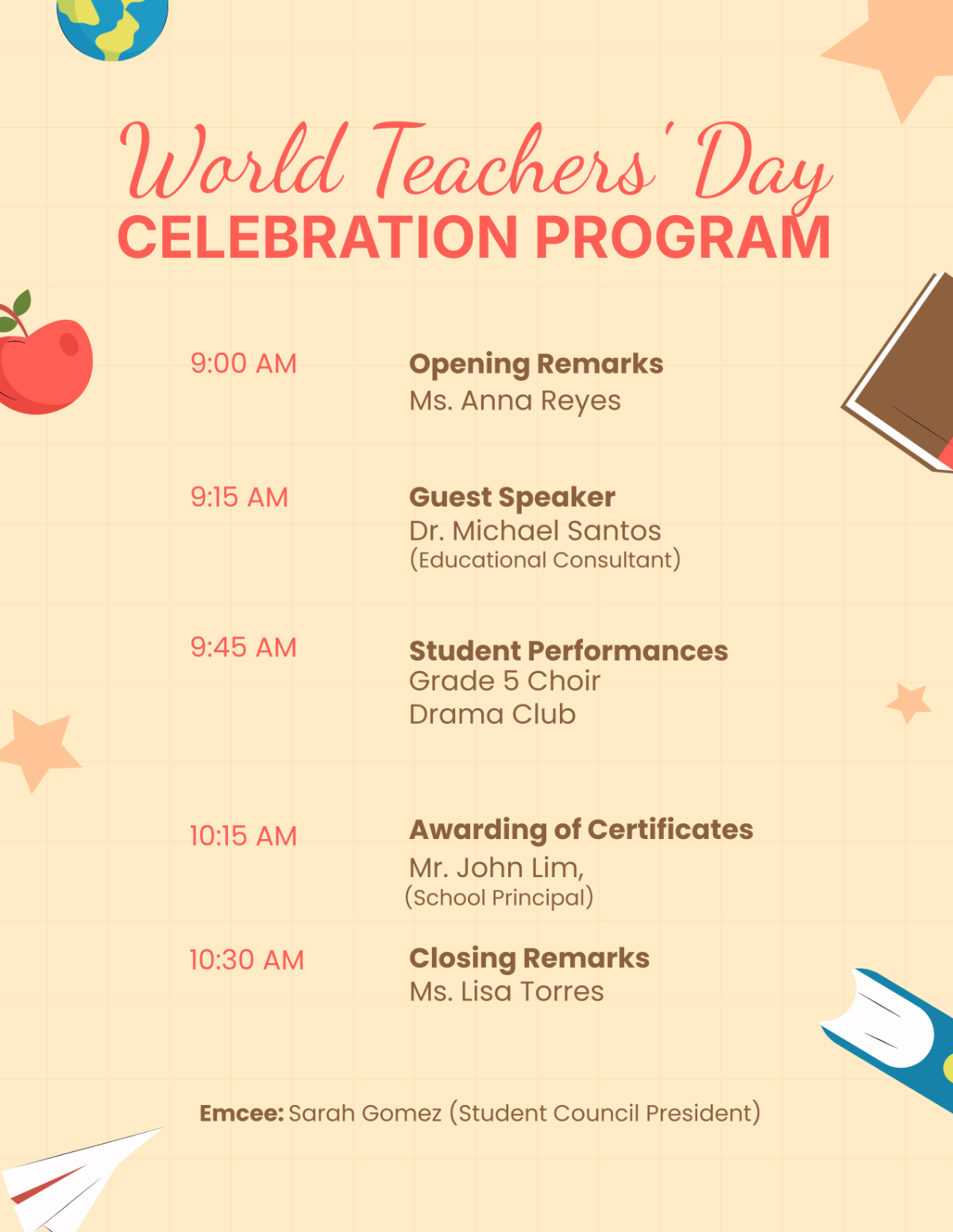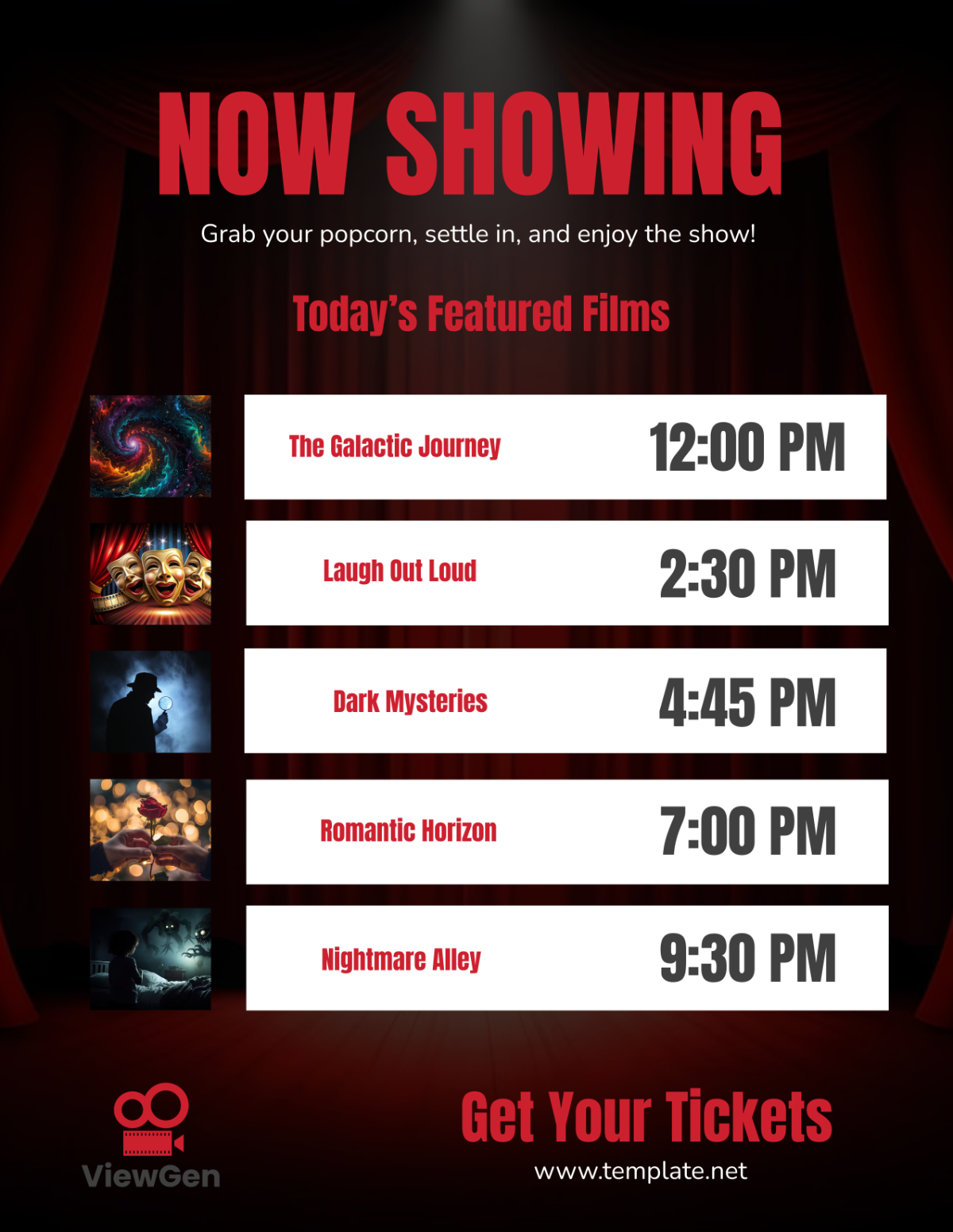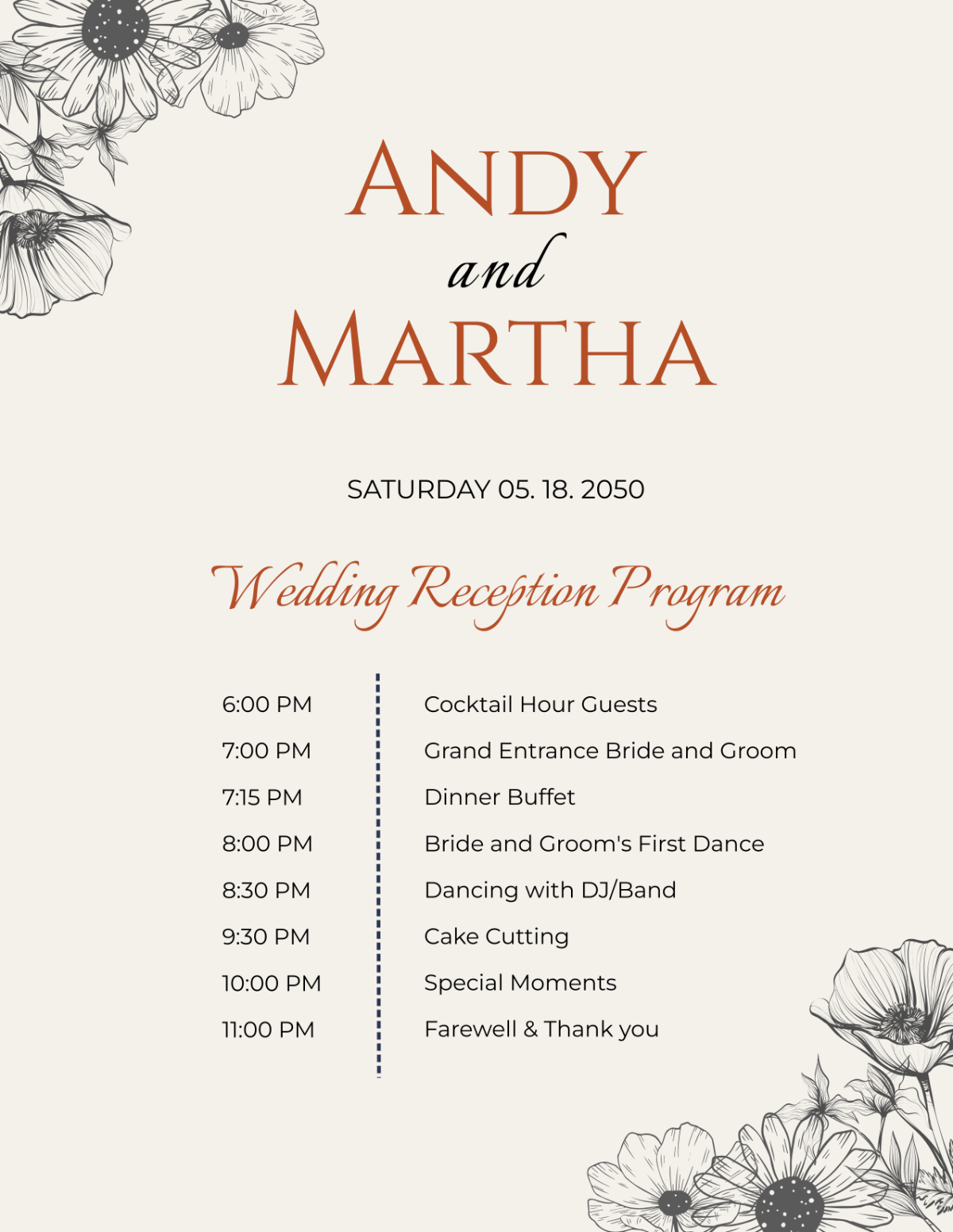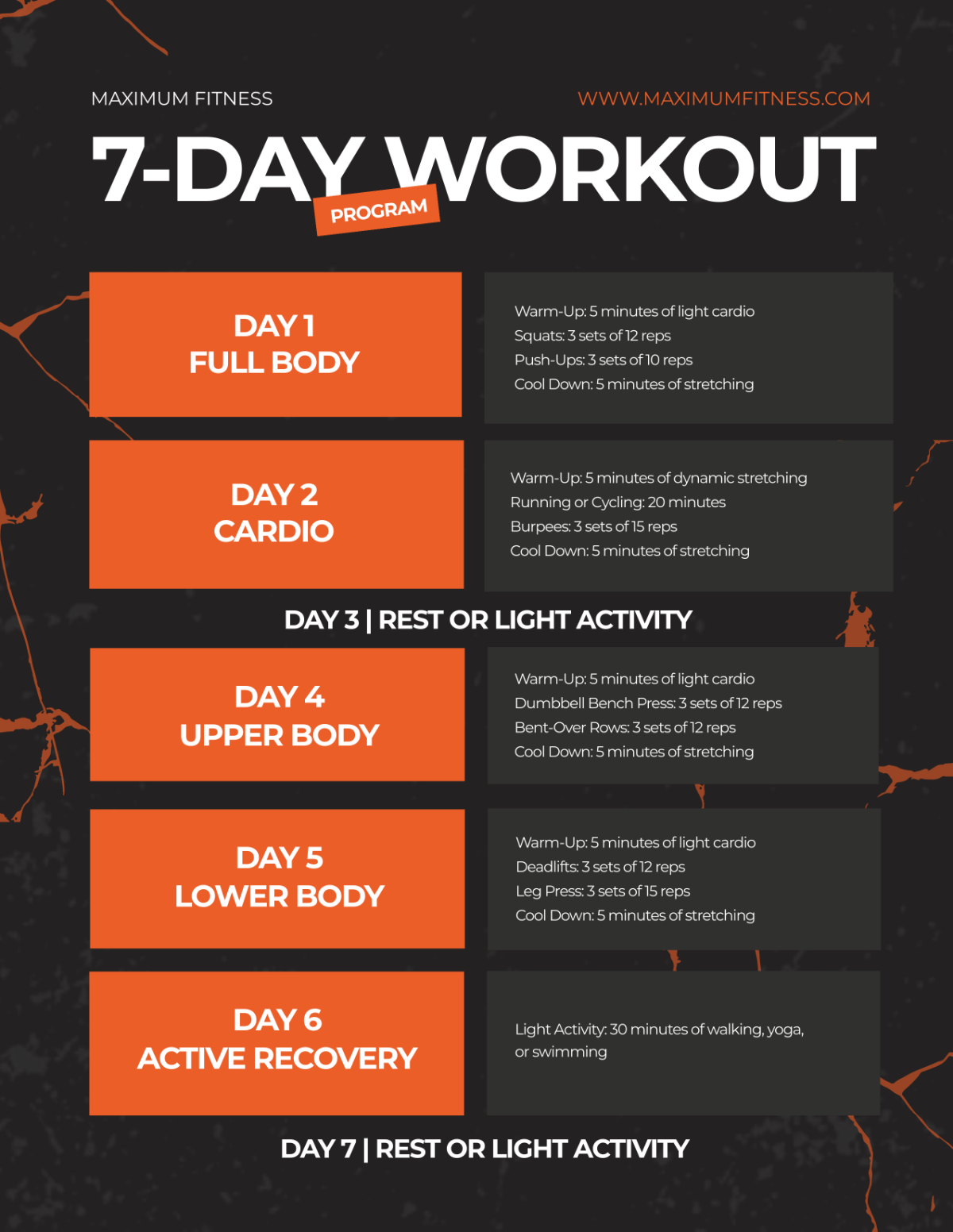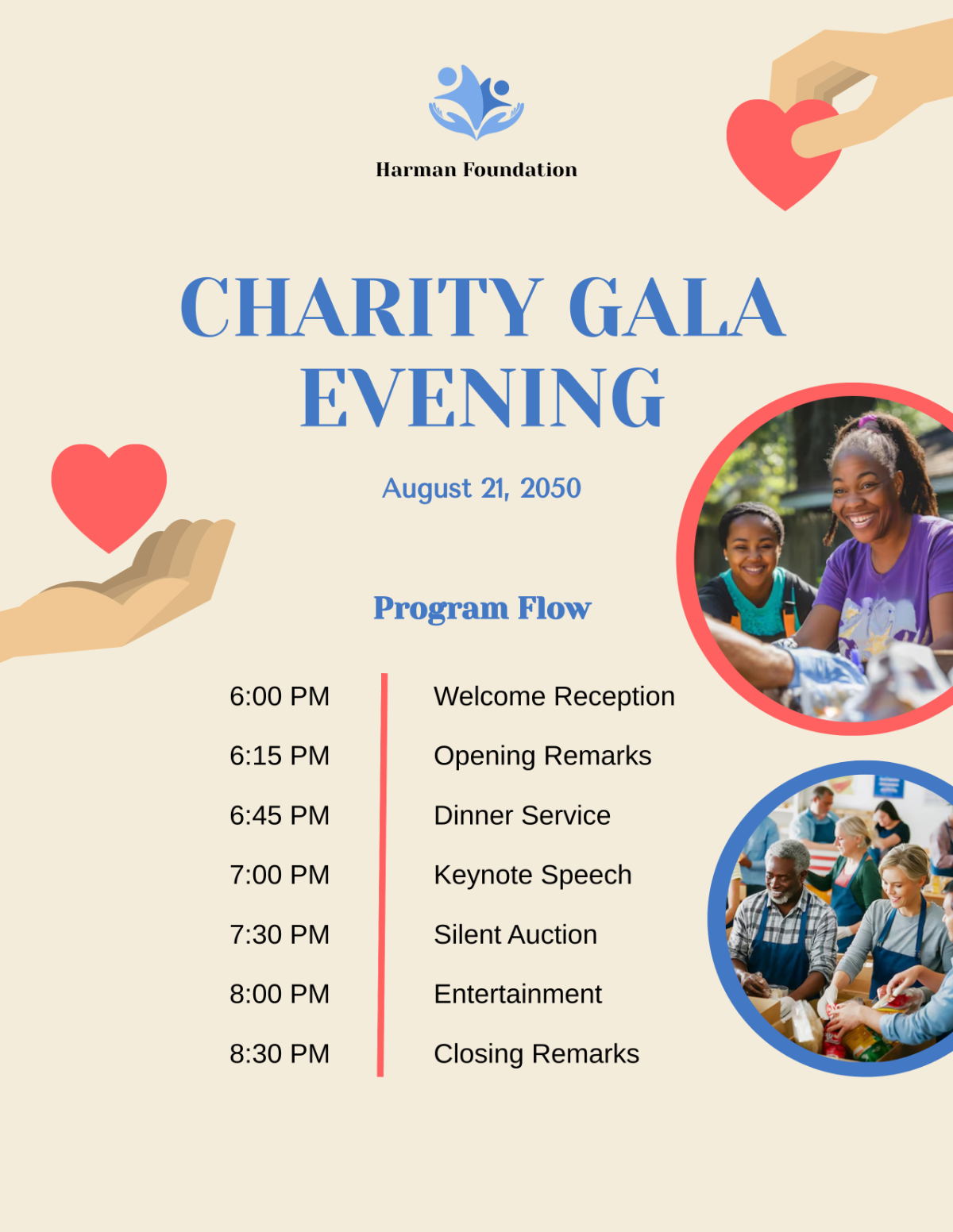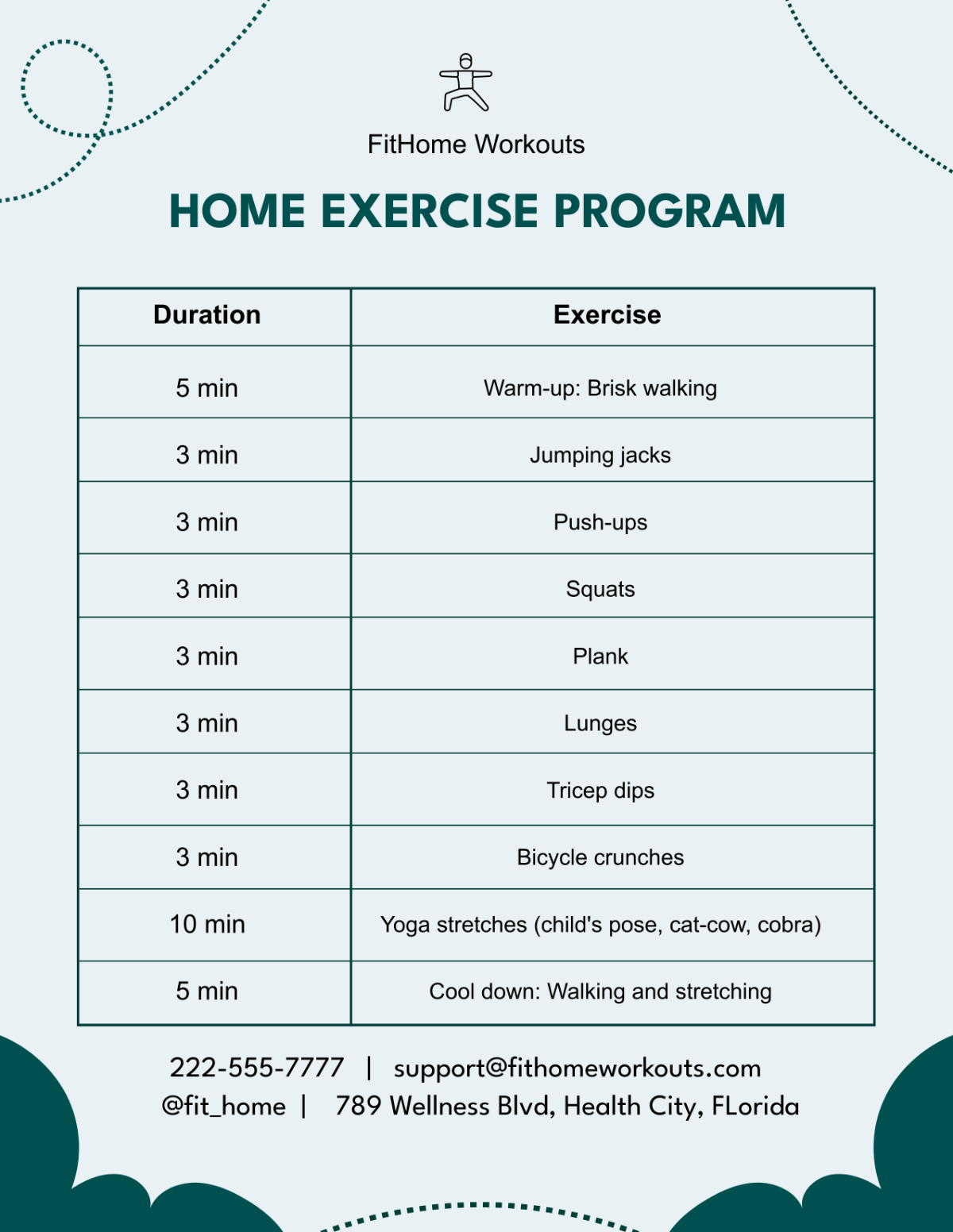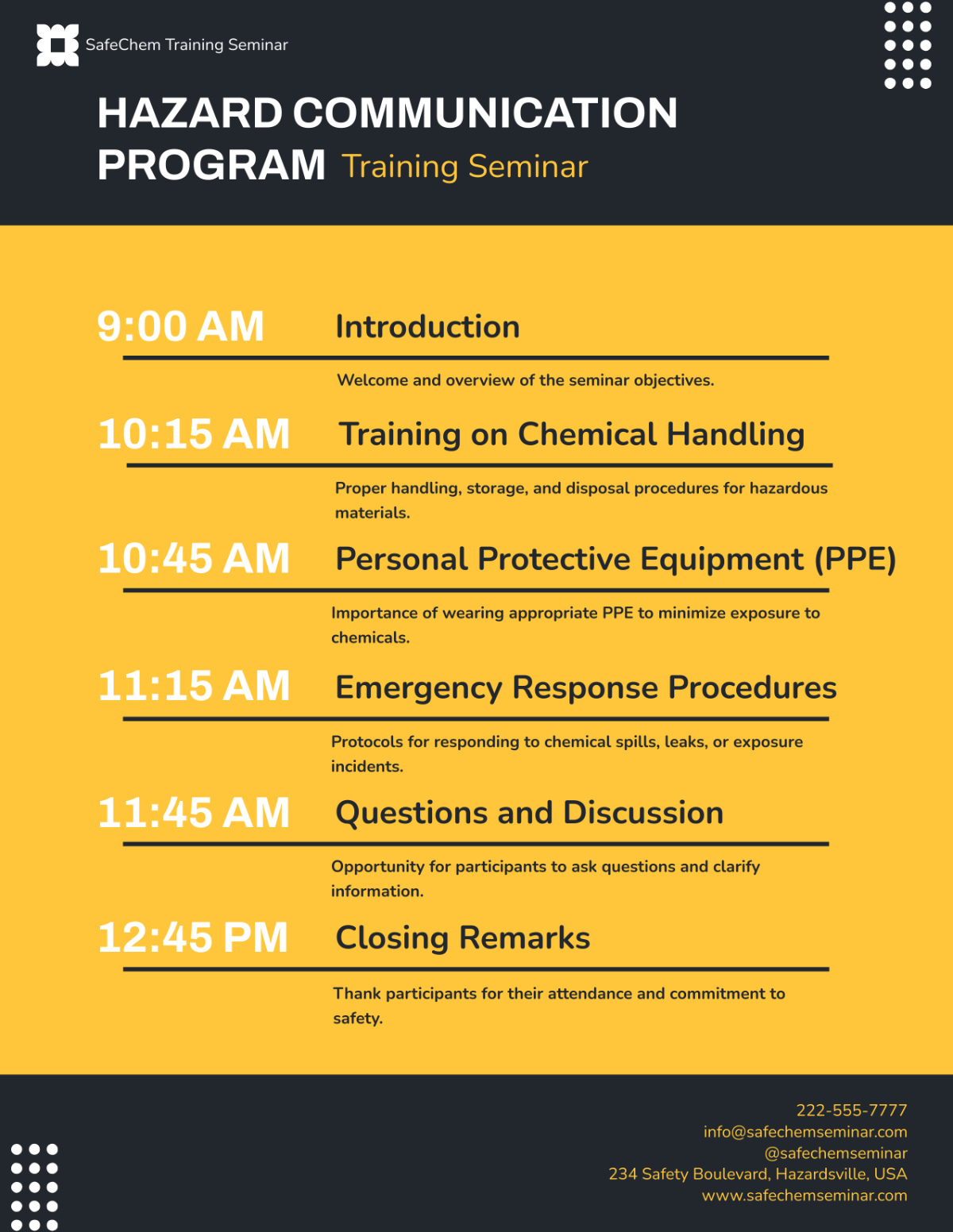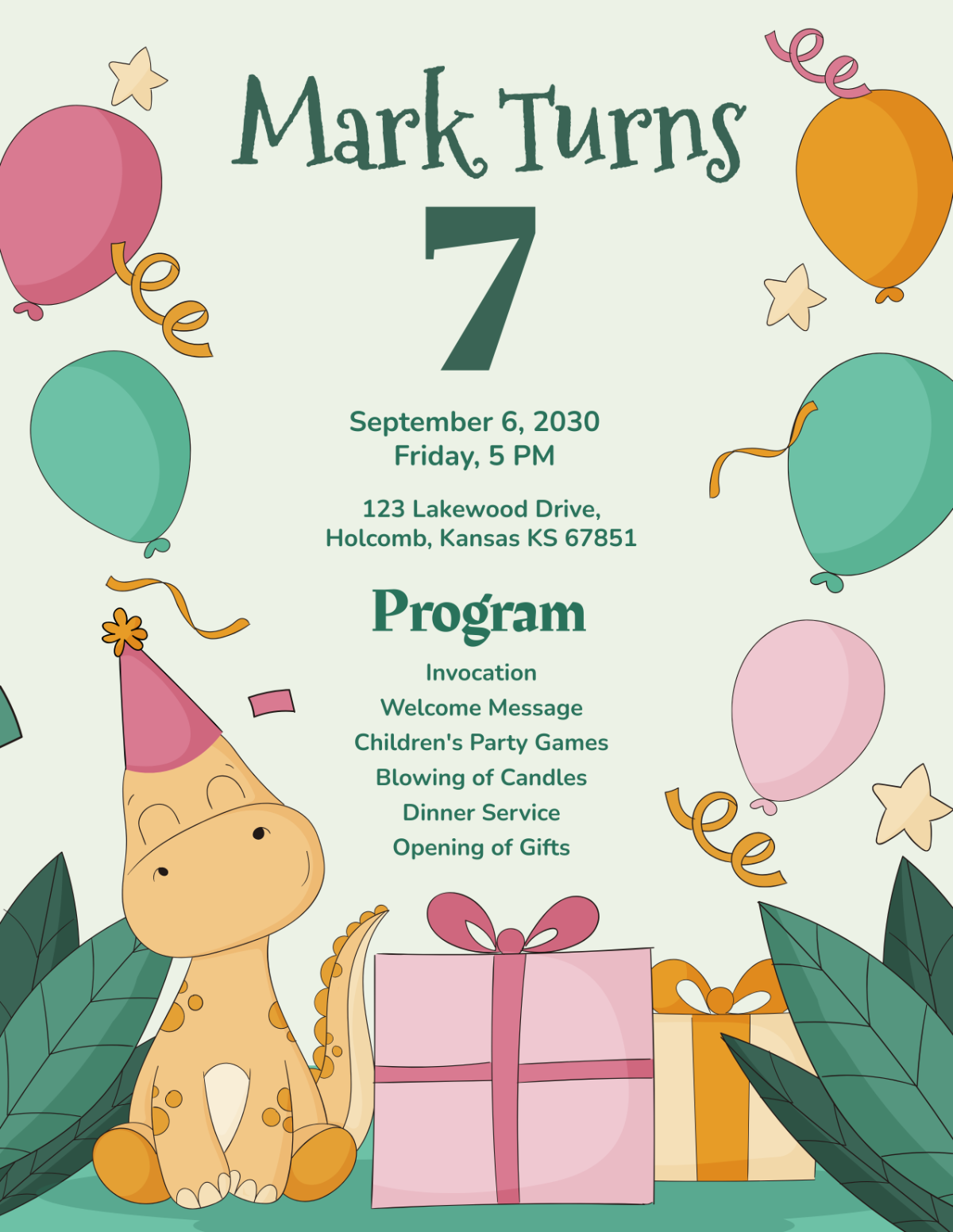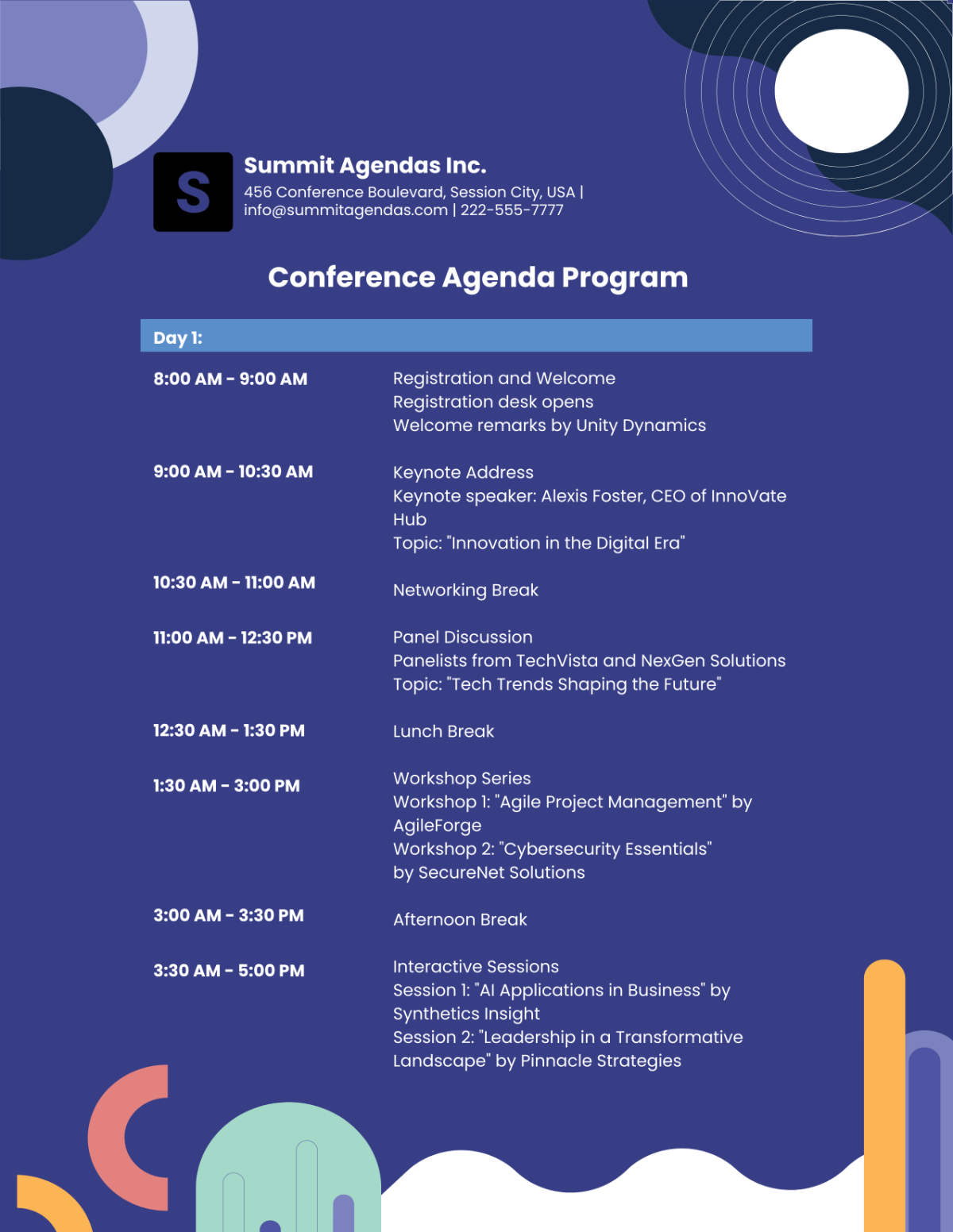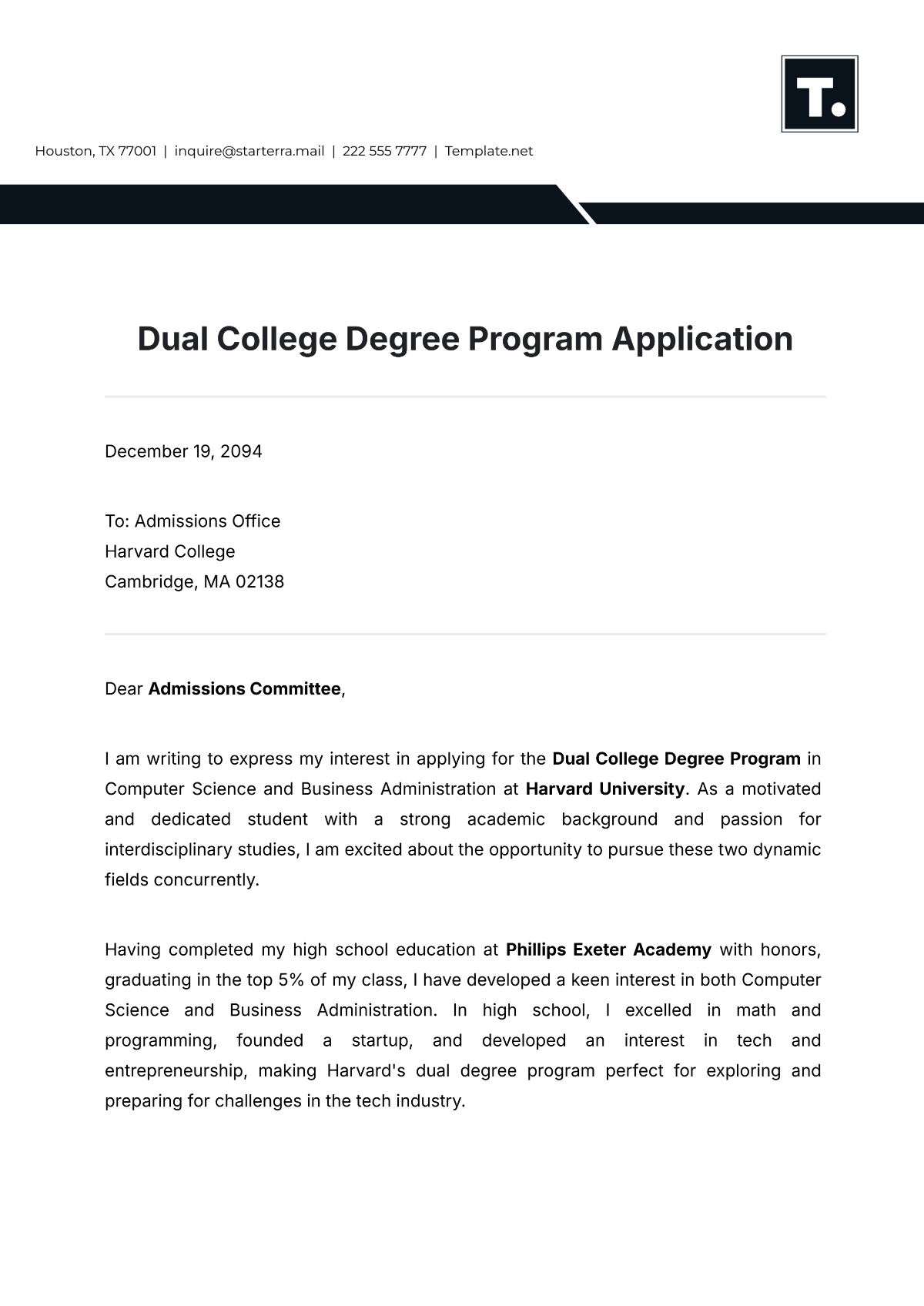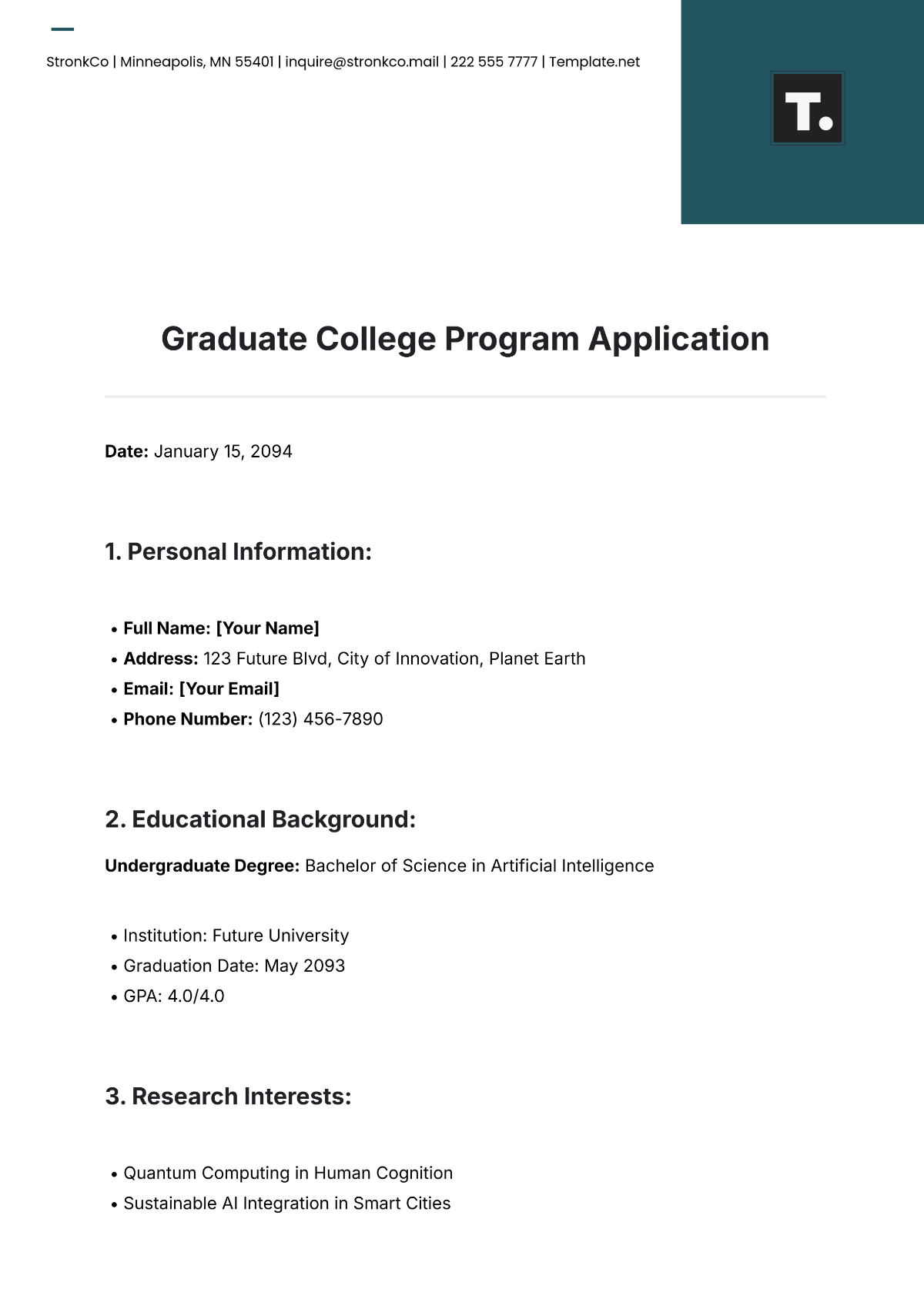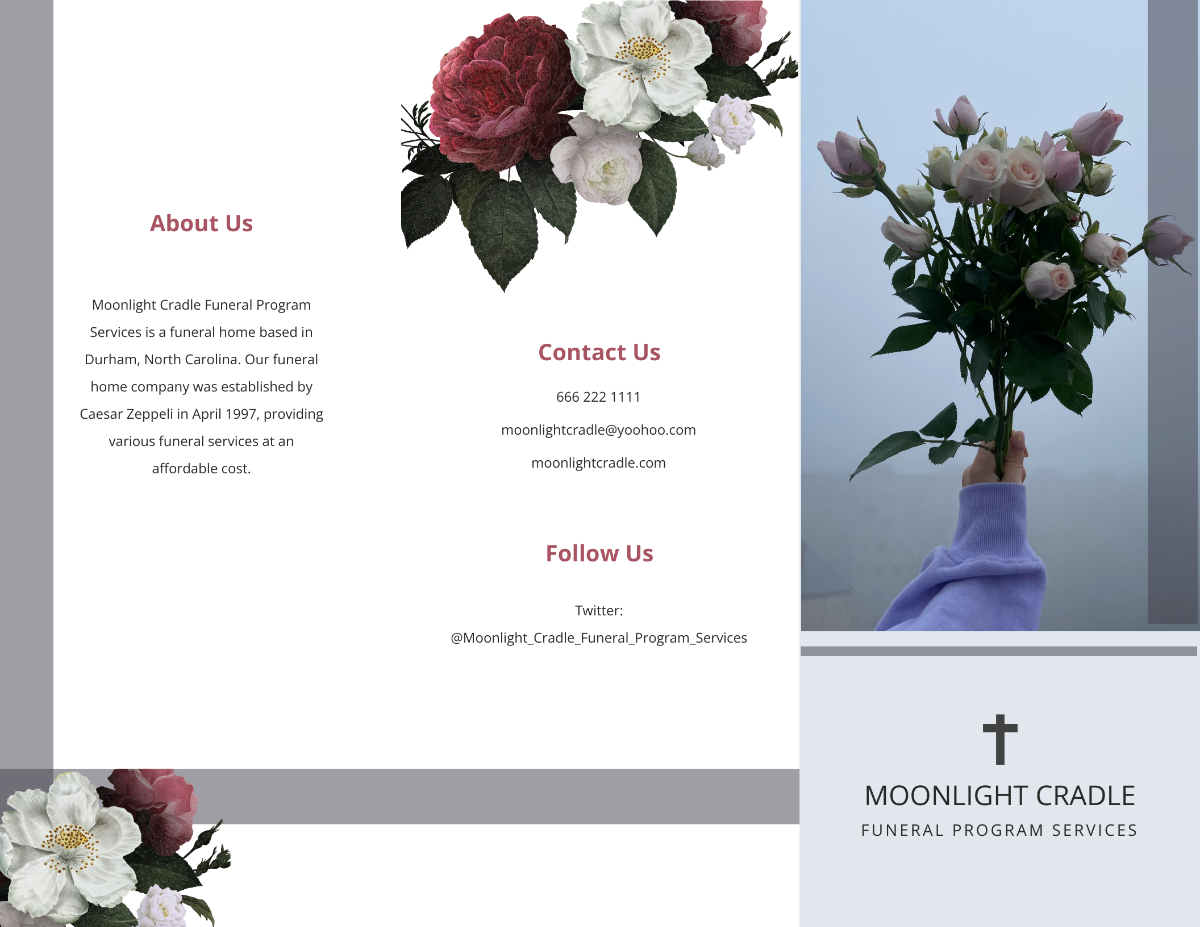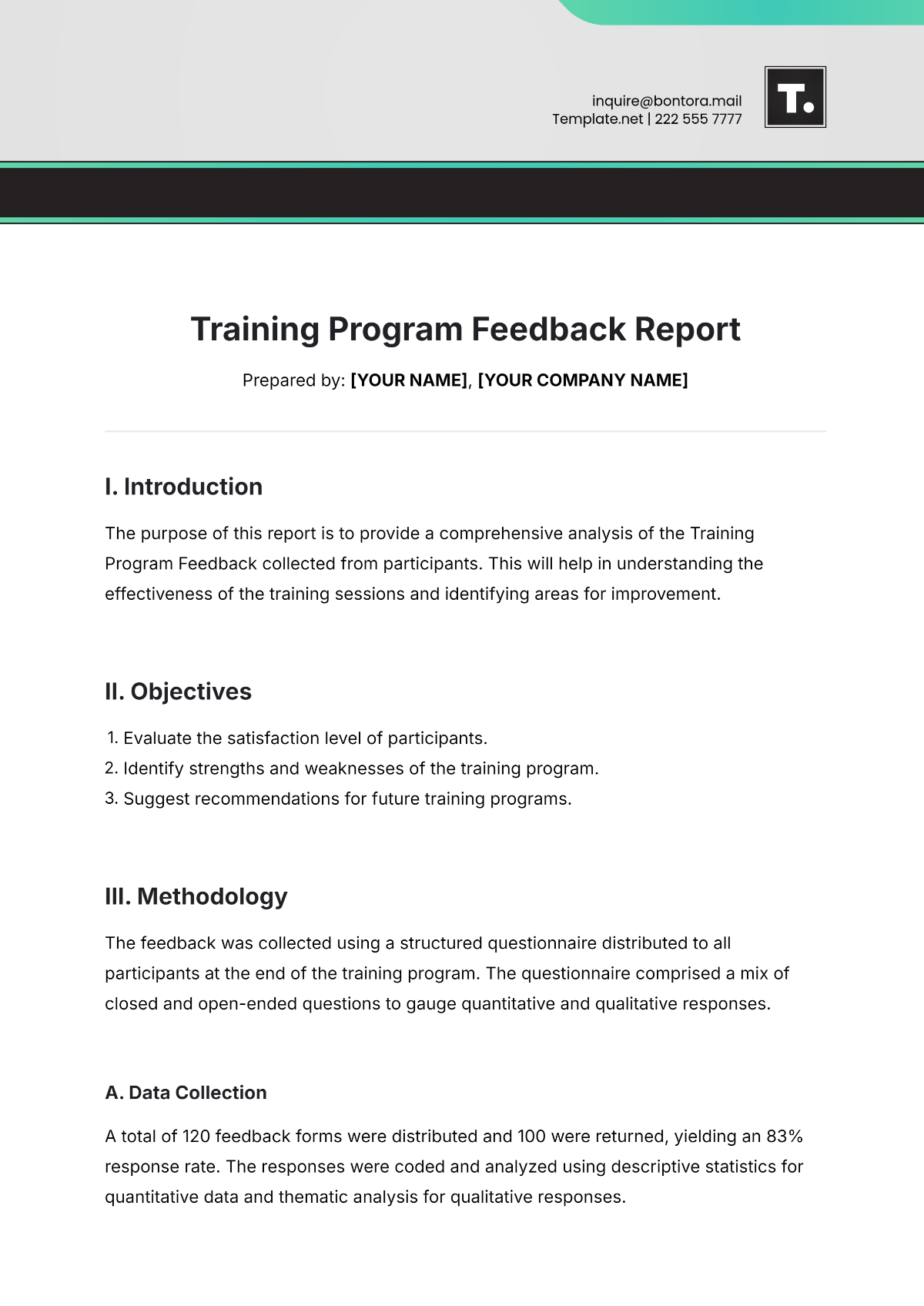Nursing Home Skill Enhancement Program
I. Introduction
A. Program Overview
Welcome to the Nursing Home Skill Enhancement Program! This program is an initiative designed to empower nursing home staff with the knowledge and skills necessary to deliver exemplary care to our residents. As caregivers, your role is pivotal in ensuring the well-being and comfort of those entrusted to our care. Through this program, we aim to equip you with the tools and resources needed to excel in your roles and make a positive impact on the lives of our residents.
B. Program Objectives
Improve clinical skills in diverse areas of resident care. This includes enhancing knowledge and abilities in managing different types of wounds, effectively administering medication following prescribed guidelines, and implementing infection control measures to protect both residents and healthcare professionals alike.
It would be beneficial to enhance and refine one's communication skills. This is crucial in order to facilitate effective and efficient interactions with residents, families, and members of an interdisciplinary team. Improved communication skills will allow for more productive and meaningful discussions, thereby resulting in a more positive experience for all parties involved.
Aim to enhance and improve your understanding as well as proficiency in the field of dementia care, in order to be able to provide residents, who are suffering from cognitive impairments, with compassionate and considerate support.
II. Needs Assessment
A. Staff Feedback
We have done an extensive collection of feedback from the personnel working in nursing homes. This gathering of information was executed via multiple avenues - the deployment of surveys, the organization of focus group discussions and conducting individual interviews. The prime objective behind this effort was to elucidate and pinpoint specific areas that need improvement and enhancement in terms of skills.
The input you have provided has had an immeasurable worth. It has played a crucial role in shaping both, the content as well as the structure, of the program we are working on.
B. Resident and Family Input
We have also sought input from residents and their families to gain insights into their experiences and preferences regarding care delivery. Their feedback has helped us prioritize areas for skill enhancement that directly impact resident satisfaction and well-being.
C. Data Analysis
In addition to qualitative feedback, we have analyzed incident reports, quality improvement data, and regulatory requirements to identify trends and areas of concern. This data-driven approach ensures that our program targets areas of greatest need and aligns with industry standards and best practices.
III. Program Goals and Objectives
A. Clinical Skills Enhancement
The program aims to enhance clinical skills among nursing home staff, including proficiency in wound care techniques, safe medication administration practices, and effective infection control measures. By improving these skills, staff can provide safer and more efficient care to residents, reducing the risk of adverse events and promoting better health outcomes.
B. Communication Improvement
Effective communication is essential in fostering trust, understanding, and collaboration among all stakeholders involved in resident care. Through this program, staff will develop communication skills such as active listening, empathy, and clear articulation, enabling them to establish meaningful connections with residents, families, and colleagues.
C. Dementia Care Proficiency
Residents with dementia require specialized care approaches that prioritize dignity, autonomy, and comfort. This program seeks to enhance staff knowledge and proficiency in dementia care, including understanding the disease process, managing challenging behaviors, and creating a supportive environment that promotes resident well-being.
IV. Curriculum Development
A. Structured Modules
The program curriculum is structured into modules based on the identified areas for skill enhancement. Each module is designed to provide comprehensive coverage of key topics and skills, incorporating evidence-based practices and real-world scenarios to facilitate learning and application.
B. Interactive Learning Activities
Training sessions within each module will feature a variety of interactive learning activities, including lectures, case studies, role-playing exercises, and hands-on simulations. These activities are designed to engage participants actively and reinforce learning through practical application and experiential learning.
C. Expert Facilitation
The scheduled sessions will be administered and conducted by professionals who have substantial experience in the healthcare industry. They possess a depth of expertise and knowledge in the various subject areas that will be discussed during these sessions. These able healthcare professionals will also serve as facilitators throughout the learning process. Their role will involve providing valuable direction and constructive feedback to all participants, offering them the necessary support required to navigate through the course content. They are committed to creating and maintaining a learning environment that is both supportive and conducive for all attendees. This will promote a productive exchange of ideas and foster an atmosphere that encourages in-depth learning, maximizing the benefit received by the participants.
V. Training Delivery
A. Flexible Delivery Methods
Training sessions will be delivered through a combination of in-person workshops and online courses to accommodate the diverse learning preferences and scheduling constraints of nursing home staff. This flexible approach allows participants to access training materials and resources at their convenience while still benefiting from interactive learning experiences.
B. Tailored Scheduling
In order to ensure that our staffing needs are met while minimizing disruptions to our residents' daily care routines, we will be providing a customized schedule. This schedule has been designed with the availability of our staff in mind. We understand that everyone operates on different time schedules and we want to be as accommodating as possible. Therefore, our sessions will be scheduled at a wide range of various times and on a range of different days to ensure that they are accessible to all staff members.
We want to promote an environment of inclusivity where everyone has the opportunity to attend these sessions. Moreover, we realize that unexpected issues can arise, making it difficult for some individuals to attend the scheduled sessions. Therefore, we are also offering options for make-up sessions, ensuring that those who are unable to attend a specified session for whatever reason will not miss out entirely.
C. Participant Engagement
Active participation and engagement are encouraged during training sessions to maximize learning outcomes and retention. Participants will be encouraged to ask questions, share insights, and apply newly acquired knowledge and skills to real-life scenarios encountered in their daily work.
VI. Training Evaluation and Feedback
A. Assessment Measures
To ensure the effectiveness of the program, we will implement various assessment measures, including pre- and post-training evaluations, knowledge quizzes, and skills assessments. These measures will help us gauge the extent to which participants have acquired new knowledge and skills as a result of their participation in the program.
B. Feedback Mechanisms
We value your feedback and encourage you to share your thoughts, suggestions, and concerns throughout the program. Feedback forms will be provided after each training session, allowing you to express your opinions on the content, delivery methods, and overall effectiveness of the program. Your input will be instrumental in guiding ongoing improvements and adjustments to the program curriculum and delivery.
C. Continuous Monitoring
In addition to formal assessments and feedback mechanisms, we will continuously monitor program outcomes and participant progress to identify areas for improvement and address any emerging challenges or barriers to learning. Regular check-ins and follow-up sessions will be conducted to track your development and provide additional support as needed.
VII. Ongoing Support and Resources
A. Resource Repository
To support your ongoing learning and skill development, we will provide access to a comprehensive resource repository containing training materials, job aids, reference guides, and additional resources related to the program topics. This repository will serve as a valuable resource for reinforcing learning, troubleshooting challenges, and exploring advanced topics beyond the scope of the program curriculum.
B. Continuing Education Opportunities
We recognize the importance of continuous learning and professional development in the healthcare field. As such, we will actively promote opportunities for continuing education, certification programs, and professional development activities relevant to nursing home care. These opportunities will help you stay abreast of the latest trends, research findings, and best practices in the field, enhancing your expertise and advancing your career.
C. Peer Support Networks
Building a supportive community of peers is essential for fostering collaboration, sharing best practices, and navigating the challenges of providing care in a nursing home setting. We will facilitate the establishment of peer support networks and communities of practice where you can connect with fellow staff members, exchange insights and experiences, and provide mutual support and encouragement.
VIII. Compliance and Documentation
A. Regulatory Compliance
Our program is designed to align with regulatory requirements and standards of care governing nursing home operations. Training content and delivery methods are structured to meet or exceed regulatory expectations, ensuring that staff members are equipped with the knowledge and skills necessary to comply with applicable laws, regulations, and guidelines.
B. Documentation Procedures
Accurate documentation of staff participation, training content, and evaluation results is essential for accountability, quality assurance, and regulatory compliance. We will maintain detailed records of program activities, including attendance records, training materials, evaluation forms, and any relevant communications or correspondence related to the program.
C. Regular Audits and Reviews
We will conduct regular audits and reviews of program documentation to ensure accuracy, completeness, and compliance with established standards and requirements. These audits serve as an opportunity to identify areas for improvement, address any deficiencies or discrepancies, and implement corrective actions as necessary to maintain program integrity and effectiveness.
IX. Collaboration and Communication
A. Interdisciplinary Collaboration
Effective collaboration and communication among interdisciplinary team members are essential for providing holistic, person-centered care to nursing home residents. We will foster a culture of collaboration and teamwork, encouraging open communication, mutual respect, and shared decision-making among staff members from diverse professional backgrounds.
B. Stakeholder Engagement
Engaging residents, families, and other stakeholders in the care planning process is critical for ensuring that care delivery aligns with individual preferences, needs, and goals. We will actively involve residents and families in care discussions, solicit their input and feedback, and collaborate with them to develop personalized care plans that reflect their values, preferences, and priorities.
C. Continuous Improvement
We are committed to continuous improvement and innovation in our approach to care delivery. By soliciting feedback, monitoring outcomes, and implementing evidence-based practices, we will strive to enhance the quality, safety, and effectiveness of care provided in our nursing home. Your input and contributions are instrumental in driving positive change and ensuring the ongoing success of our program.
X. Program Evaluation and Continuous Improvement
A. Outcome Evaluation
We will conduct comprehensive evaluations of program outcomes to assess the impact of the skill enhancement program on resident care, staff performance, and organizational outcomes. Outcome measures may include improvements in resident health outcomes, staff satisfaction and confidence levels, and overall quality indicators such as medication error rates and resident satisfaction scores.
B. Process Evaluation
In addition to outcome evaluation, we will conduct ongoing process evaluations to assess the effectiveness of program delivery, identify areas for improvement, and address any implementation challenges or barriers encountered along the way. Process evaluation will involve monitoring adherence to program protocols, assessing participant engagement and satisfaction, and identifying opportunities for streamlining program delivery and administration.
C. Data Analysis and Reporting
Evaluation data will be analyzed regularly to identify trends, patterns, and areas for improvement. Findings will be summarized in comprehensive reports and shared with key stakeholders, including nursing home leadership, staff members, residents, and families. Transparent reporting of evaluation results fosters accountability, informs decision-making, and promotes a culture of continuous improvement within the organization.
D. Action Planning and Implementation
Based on evaluation findings, action plans will be developed to address identified areas for improvement and capitalize on strengths. These action plans will outline specific strategies, timelines, and responsible parties for implementing recommended changes and enhancements to the program. Continuous communication and collaboration among stakeholders will be essential for successful implementation of action plans.
XI. Conclusion
Thank you for your commitment to excellence in resident care and your participation in the Nursing Home Skill Enhancement Program. By investing in your professional development and continuously striving to improve your skills and knowledge, you are making a meaningful difference in the lives of our residents and contributing to the overall success of our nursing home. We look forward to supporting you on your journey of growth and learning, and we are confident that together, we can continue to elevate the standard of care in our facility.
